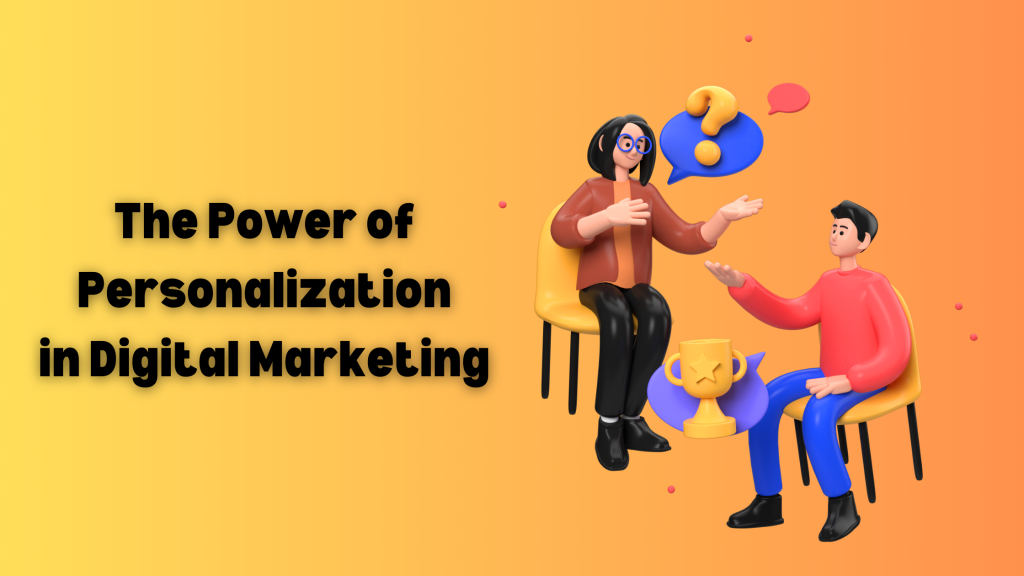
Nowadays customers have multiple content choices available. Companies compete with each other to get the attention of potential users. Marketers try to find new ways to interact with their customers. One of the most important strategies is personalization. Marketers use personalization to increase their conversion rate and ROI.
Personalization helps create creative and unique content for customers based on their preferences and demographics. According to McKinsey, 71% of online users expect a personalized experience while 76% show discomfort and frustration when they don’t get such an experience.
In this article, we’ll learn what personalization is and what its purpose is. Also, we’ll learn how personalization helps in customer engagement and strategies to increase customer engagement.
What is personalization and its purpose in digital marketing
Personalization simply means understanding the unique individual needs, preferences, and expectations of the customers and providing them with relevant information, content, and products. According to Accenture, 91% of customers shop with brands that remember them and provide them with relevant content and information.
Marketers segment the target audience based on demographics, interests, user behavior, etc. It helps in enhancing the engagement rate. Segmenting the market into different customer groups and segments helps in better targeting and creating effective strategies and content for these groups.
To make these personalization strategies effective, you must have the data to support your segmentation strategy. You can collect the data by using an analytic tool or conducting tests and surveys to understand what encourages and motivates certain customers while making a purchasing decision. You can also create highly targeted marketing campaigns to engage with potential customers.
The purpose of personalization in digital marketing is to
- Engagements: Personalized content helps in creating a more meaningful relationship with your customers. It helps in improving the engagement rate.
- Customer Loyalty: Better customer engagement leads to customer loyalty. Whenever customers feel valued and special, they form an emotional connection with the brand and turn into brand advocates. They spread positive word of mouth for your brand. According to research, 64% of U.S. consumers are comfortable sharing behavioral data and psychographic data to avail a better customer experience and personalized experience.
- ROI: It helps in reducing the wastage of resources. Personalization makes sure that resources are allocated in the right way and for the right users at the correct time.
- Customer Experience: Personalization content is based on the individual needs, preferences, and desires of certain customers. The content and information provided to them are highly relevant and enhance customer experience.
- Conversion Rate: Relevant content and strategies boost conversion rate and increase sales.
- Efficiency: Personalization ensures that correct information and products are shown to relevant customers. It helps in improving the efficiency of the marketing process and eliminating the wastage of resources.
- Data: Personalized content helps in gathering useful customer insights about the customers, their preferences, and behavior.
- Competitive advantage: Personalized marketing helps in creating a positive and unique reputation and identity for your brand. It gives you a competitive advantage while making your brand stand out.
- Customer lifetime value: Personalization helps in creating lifelong relationships with customers. They feel valued and have an emotional connection with your brand. All this enhances the customer’s lifetime value.
- Omnichannel: It ensures that consistent content and information is circulated across multiple channels and touchpoints.
How does personalization help in customer engagement?

Personalization is very important for digital marketing because it helps boost your ROI, but at the same time personalization helps in customer engagement in various ways
- Content: Personalized content excites and engages the user. It helps in better understanding and interactions with the content. Personalized content helps in forming an emotional connection with the users.
- Experience: Personalized content helps enhance the user experience by providing only the relevant content to users that satisfy them. This content helps in fulfilling user satisfaction and needs.
- Understanding: Personalized content helps in assuring the customers that you care about their needs, wants, and preferences.
- Relevance: Personalization helps in better understanding your customers. By understanding your customers and their needs you can create relevant content for them. It helps in providing the relevant information, product etc to the customers. It also helps in reducing the frustration of the customers.
- Emotional connection: Personalization helps in creating meaningful relationships and creating emotional connect with customers. It leads to brand loyalty.
- Interactions: Personalization ensures dynamic interactions that keep adapting themselves to the changing nature of customers and their wants and preferences.
- Long-term relationship: Personalizing content helps in fostering a long-term relationship. Customers feel valued and connected to the brand. They associate themselves with the brand and feel they are a part of the brand.
- Conversion: Personalization leads to a better conversion rate. Customers interact more with such relevant content, promotional offers, etc. This leads to a better conversion rate.
- Real-time engagement: Personalization helps in tracking the real-time engagement. By monitoring it, you can make instant changes to the needs and wants of the customers in real-time.
- Consistency: Personalization helps in maintaining consistency across multiple channels and touchpoints. It helps in building trust and credibility.
Personalization strategies to increase customer engagement

Here are some of the tips and tricks to enhance the personalization strategies to increase your customer engagement
- Real-time Monitoring: Monitor the real-time traffic data of websites such as number of visitors, pages viewed, type of content consumed, etc, to identify the best performing pages, type of content that works etc.
- Better Segmentation: Better segment your customers based on demographics, purchasing behavior, interaction, etc to create more meaningful campaigns and content. It helps in better targeting.
- User behavior analysis: Try to gather data related to several clicks, click patterns, interactions, etc to understand user behavior, patterns, pain points, etc in the user journey. This helps in creating better personalized content.
- A/B testing: Conduct A/B testing for comparing different copies of marketing campaigns, content, design, etc to optimize and use the best-performing asset of your brand.
- Real-time data: Try to provide real-time solutions and personalized experiences based on real-time data such as purchasing decisions, user behavior, etc.
- Frequent performance test: Rather than being too dependent on AI, conduct frequent performance tests manually. Use a tracking system and dashboards to monitor the performance of your marketing campaigns and efforts. Make data-driven decisions. Use this data for creating highly customized and personalized marketing.
- Omnichannel: Ensure a personalized experience in all your channels. Enable AI-powered Personalization to make necessary in real time. You can optimize the customer journey.
- Email marketing: Personalize your emails by segmenting your email list. Personalize the emails based on purchasing behavior, past purchases, browsing history, preferences, interests, etc. Create personalized email subject line, content, etc to increase the open rate and conversion rate of the email.
- Content: Dynamic content tools help in optimizing your website experience in real-time. You can create personalized content such as offers, landing pages, promotional strategies, etc.
- Advertisements: Create personalized ads to target your potential customers across various channels. You can use a retargeting campaign to target the lost customers.
- Mobile app Personalization: Improve the mobile app experience of your customers by providing a personalized experience. You can create personalized messages, features, etc to enhance user experience. According to research, user engagement can be increased to 3x by using personalized push notifications.
- Data privacy policy: Explicitly state your privacy policy. Many times users feel hesitant to share their personal data with companies. According to a study, 76% of US users stated that they want more transparency in knowing how their data is used by the companies. If you provide your data privacy policy to your customers then it can establish trust in them and they will let you use their data for a better personalized experience.
Today, Personalization has become a necessity for digital marketing success. By knowing your customers, their needs, and interests, you can create personalized experiences across all channels. It helps in creating a long-term long-lasting relationship with your customers. Also, it increases your engagement rate and conversion rate. Personalization plays an important role in creating an effective digital marketing strategy. Lumia 360 specializes in creating digital marketing strategies for small and medium businesses. We create data-driven strategies that promise success. Our strategies have resulted in 20% lead generation of our clients and improved their search engine ranking. To know more about our services, email us at info@lumia360.com or call us at 514-668-5599.
Read Also: The Impact of Page Speed on User Experience
Read Also: Impact of Brand logo on customer behavior



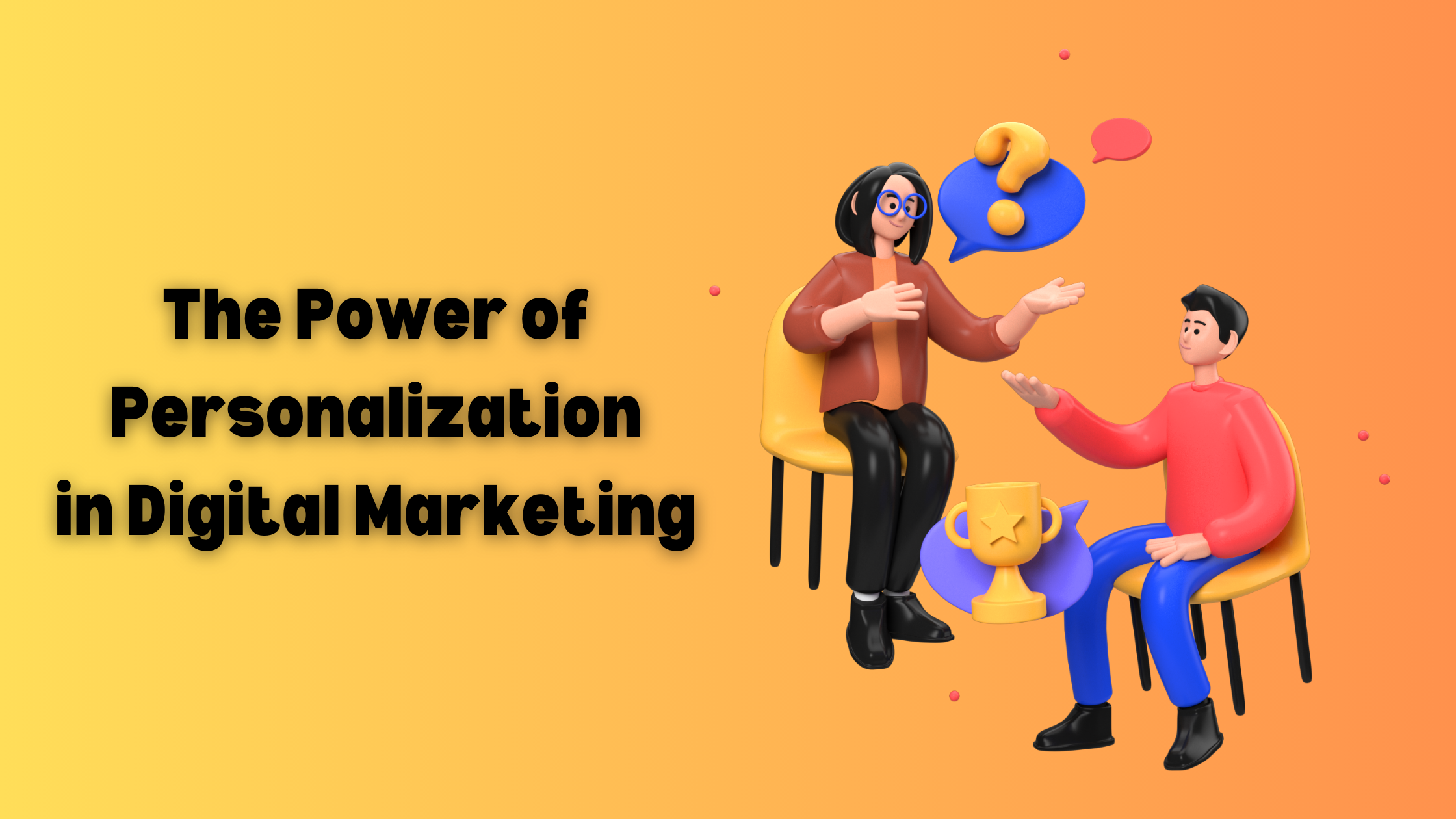
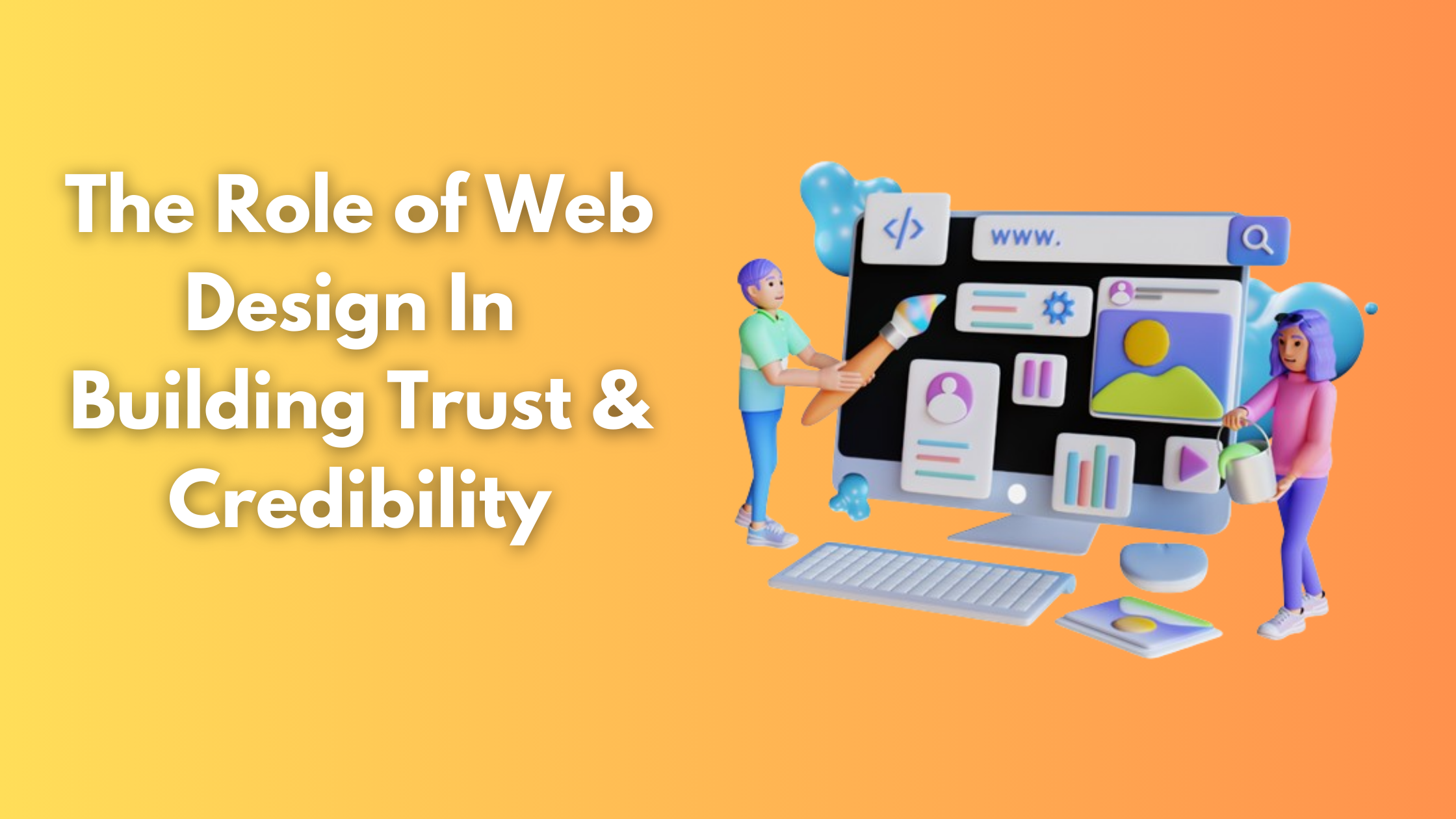
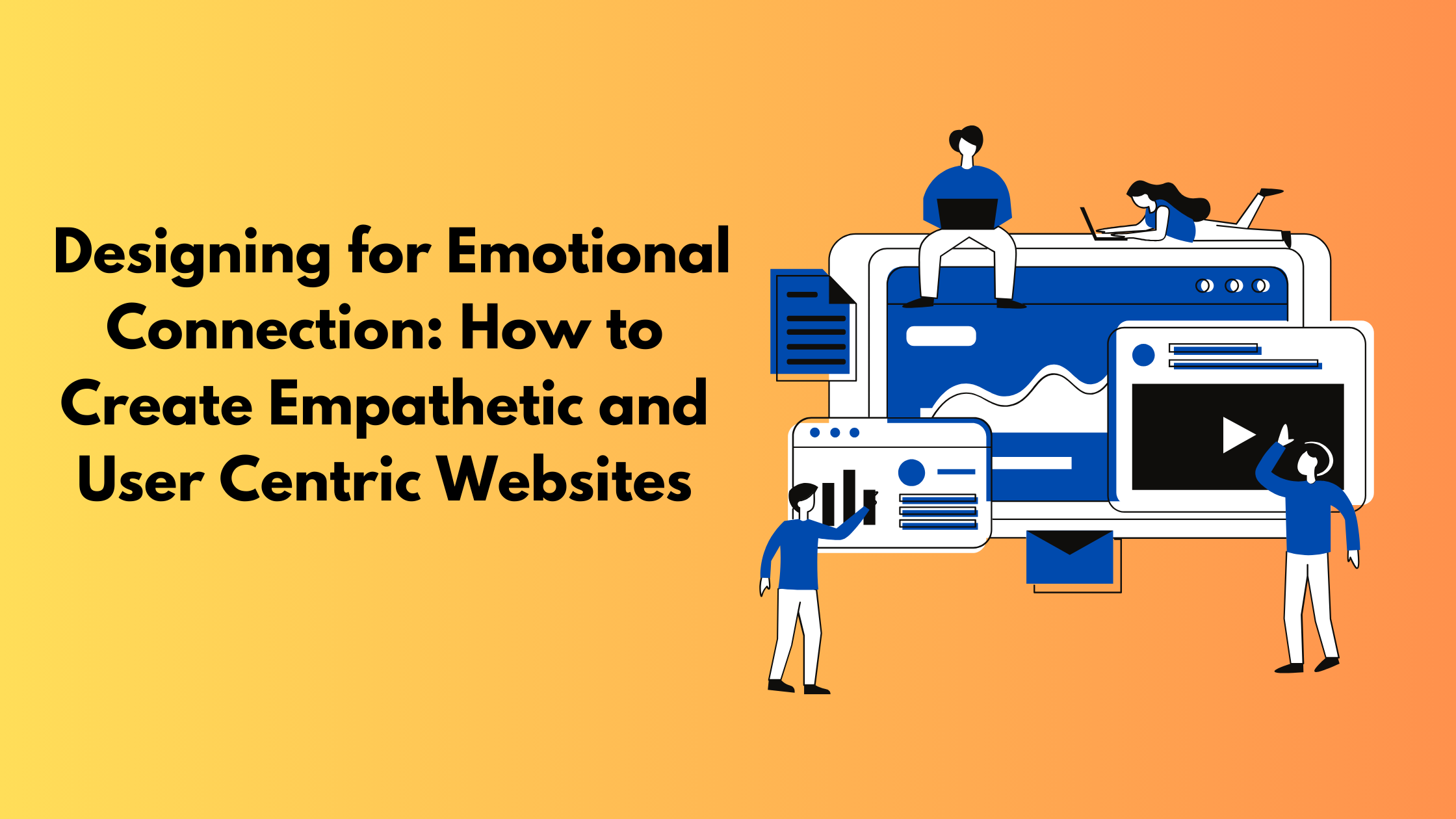
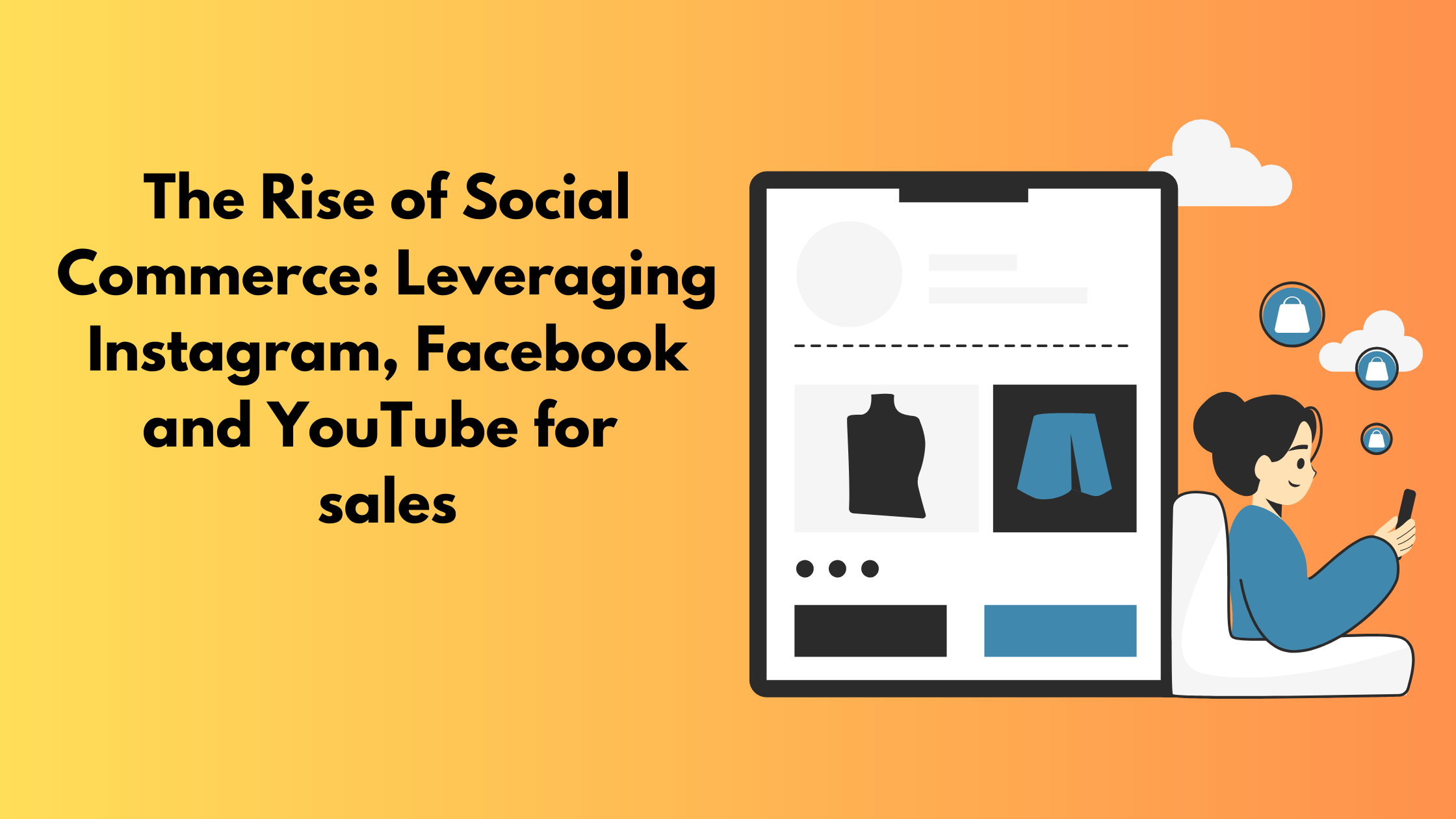

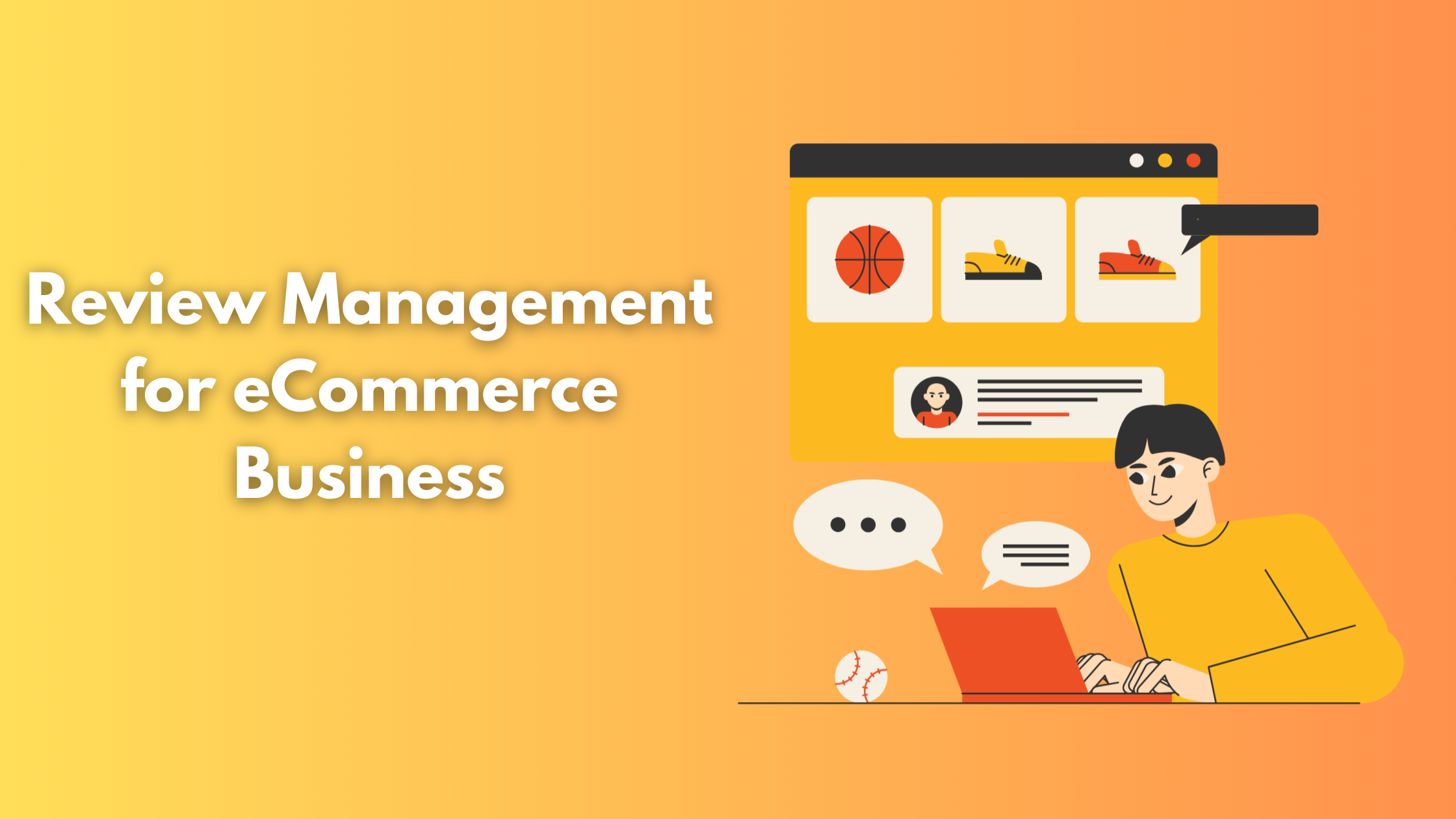
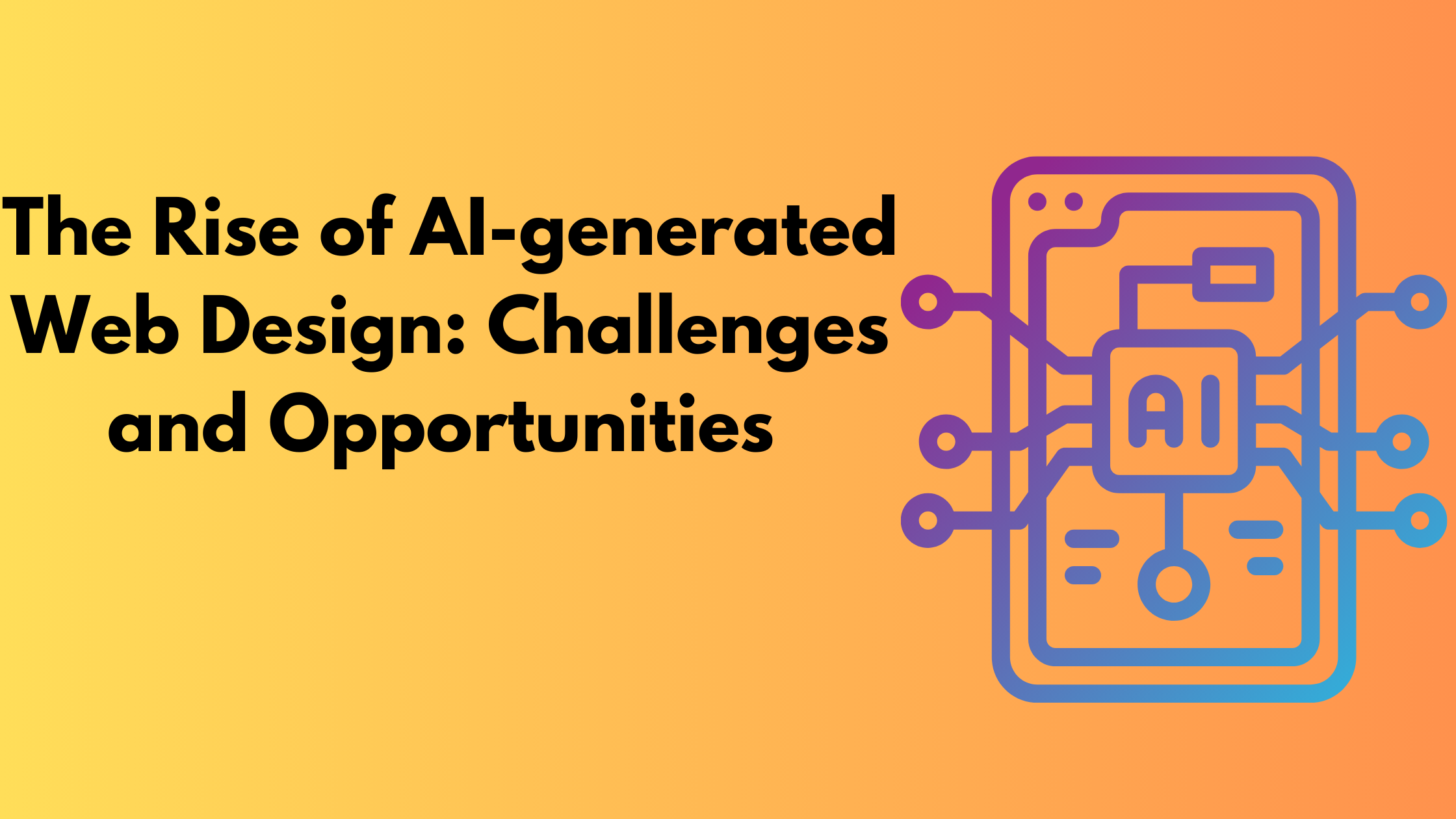

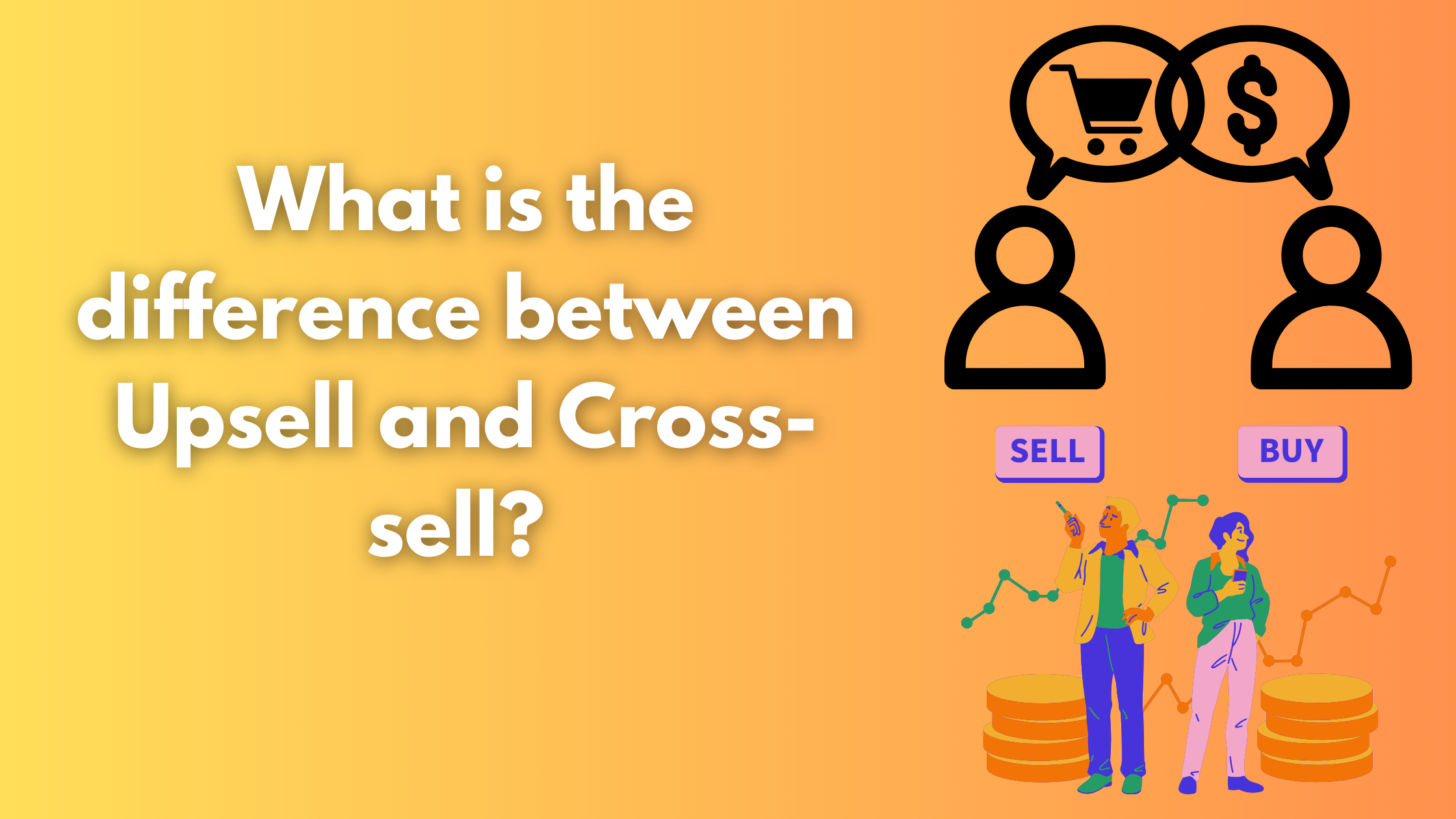
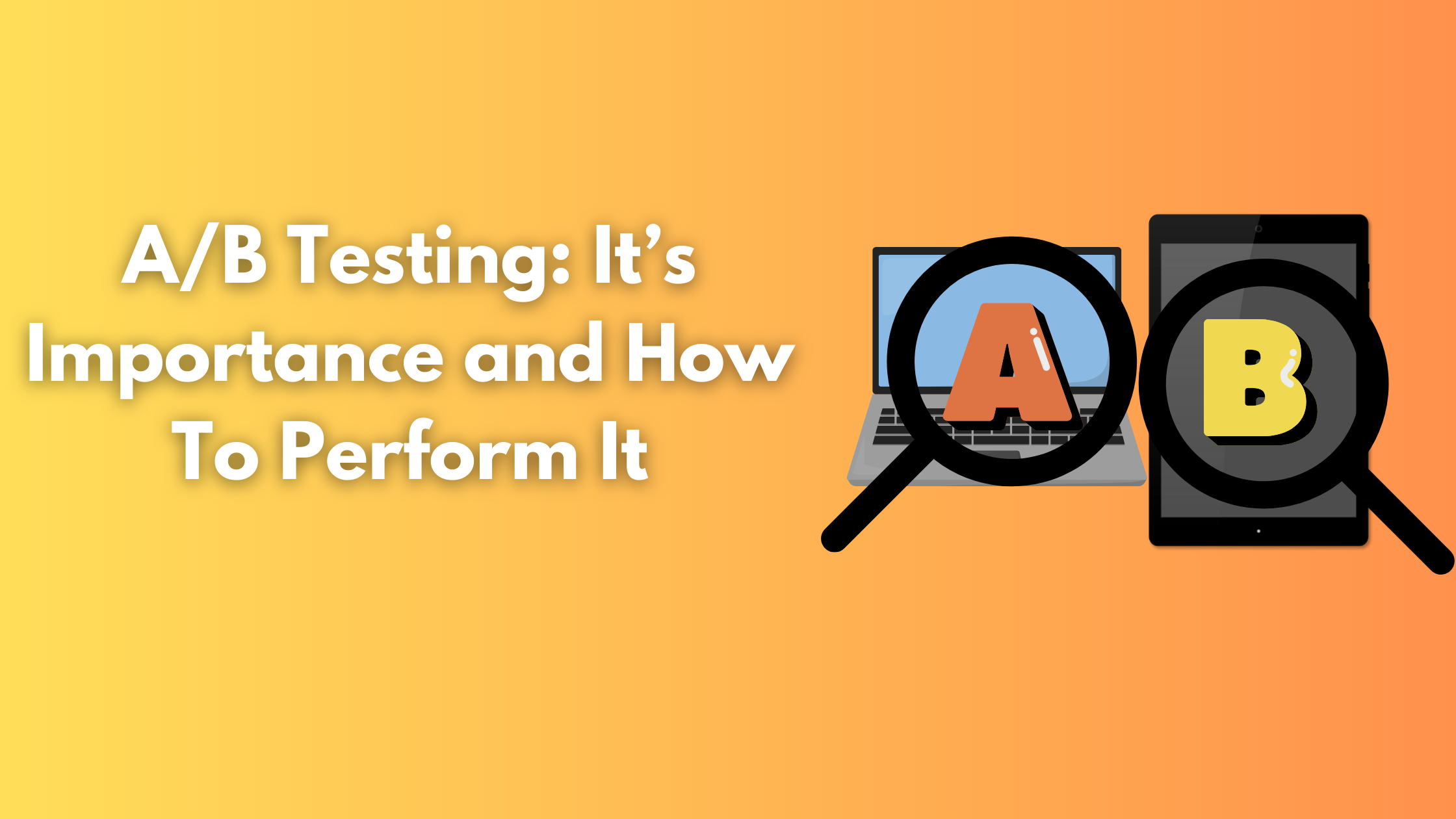
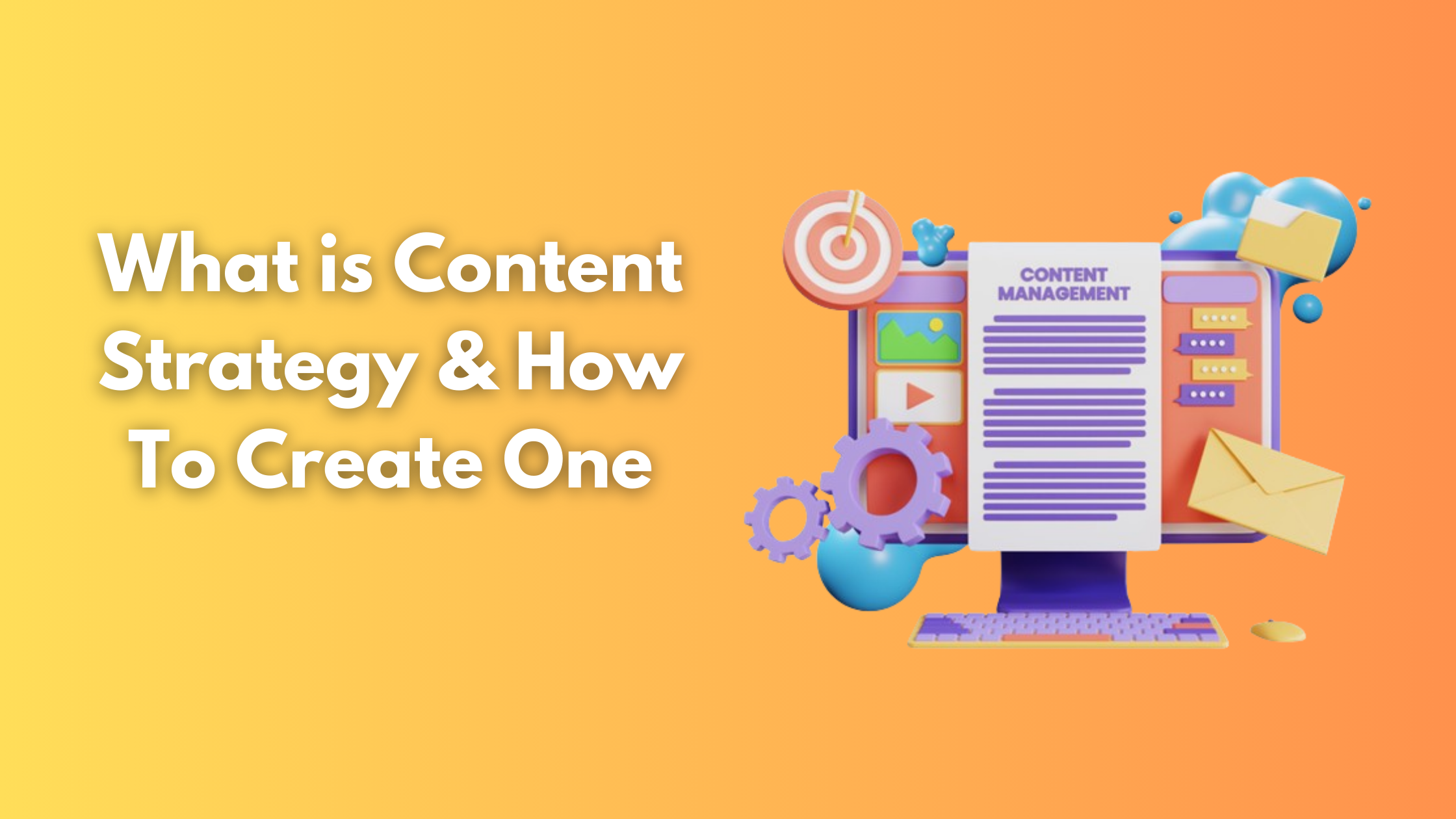
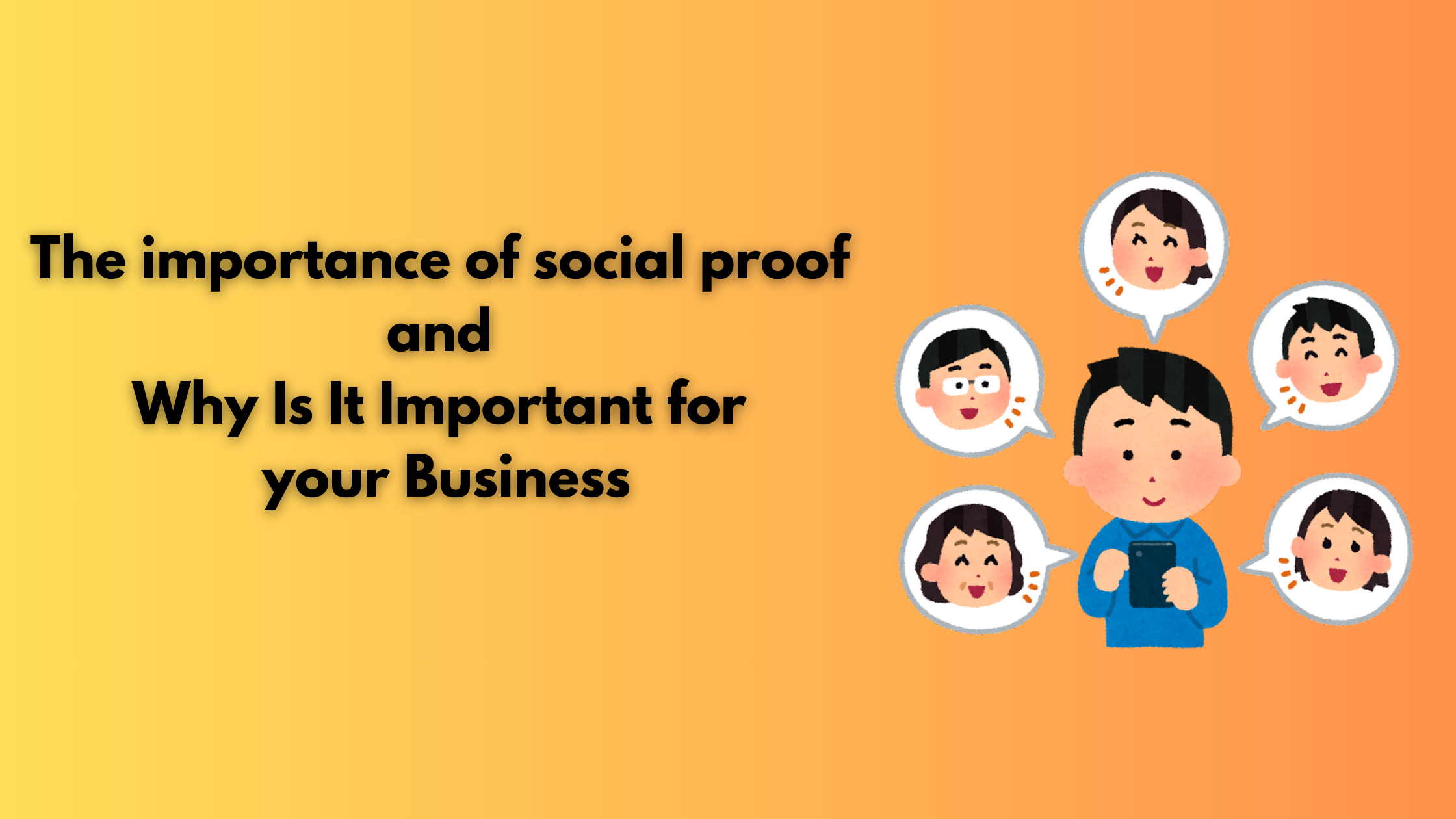
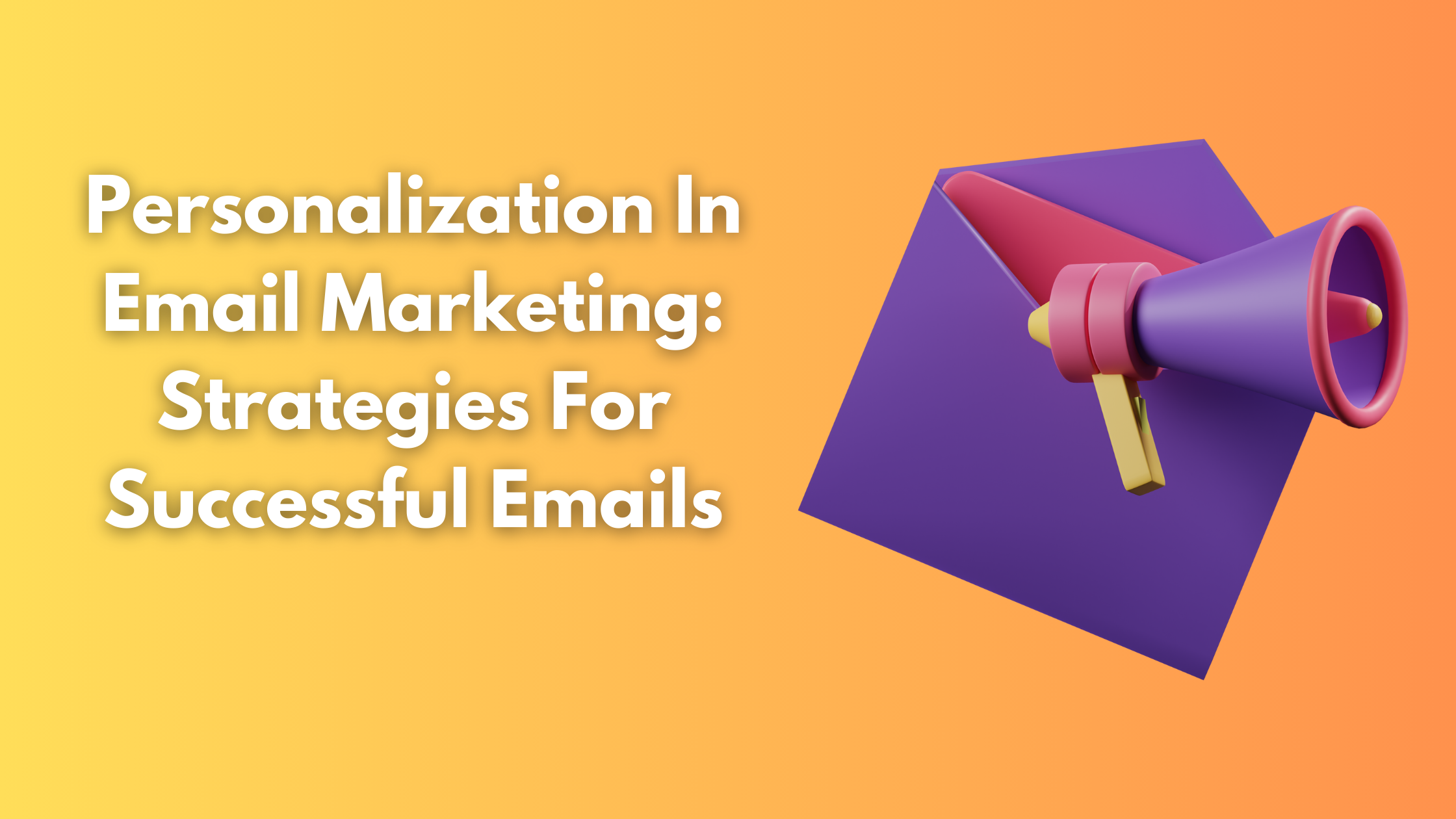
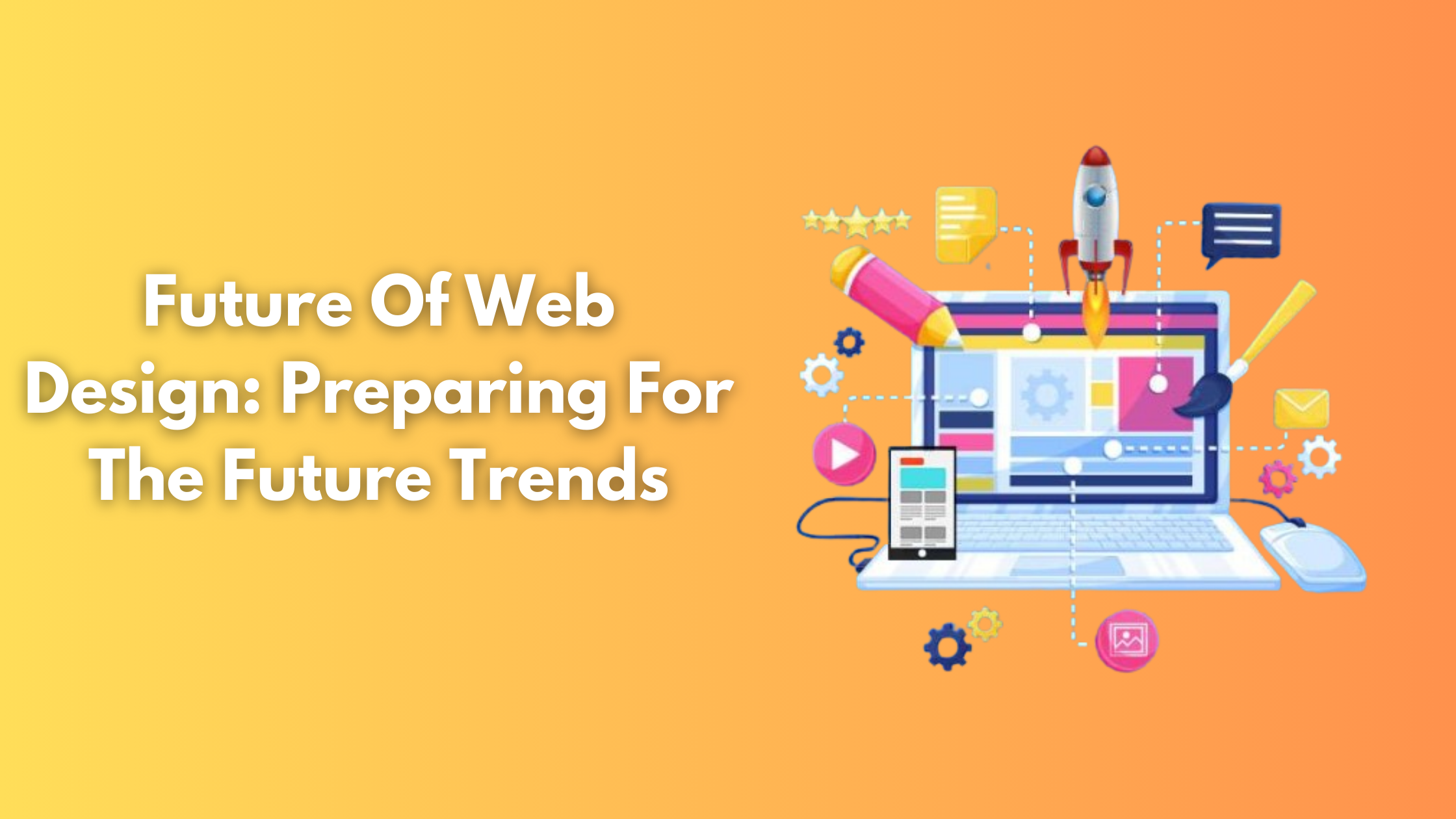

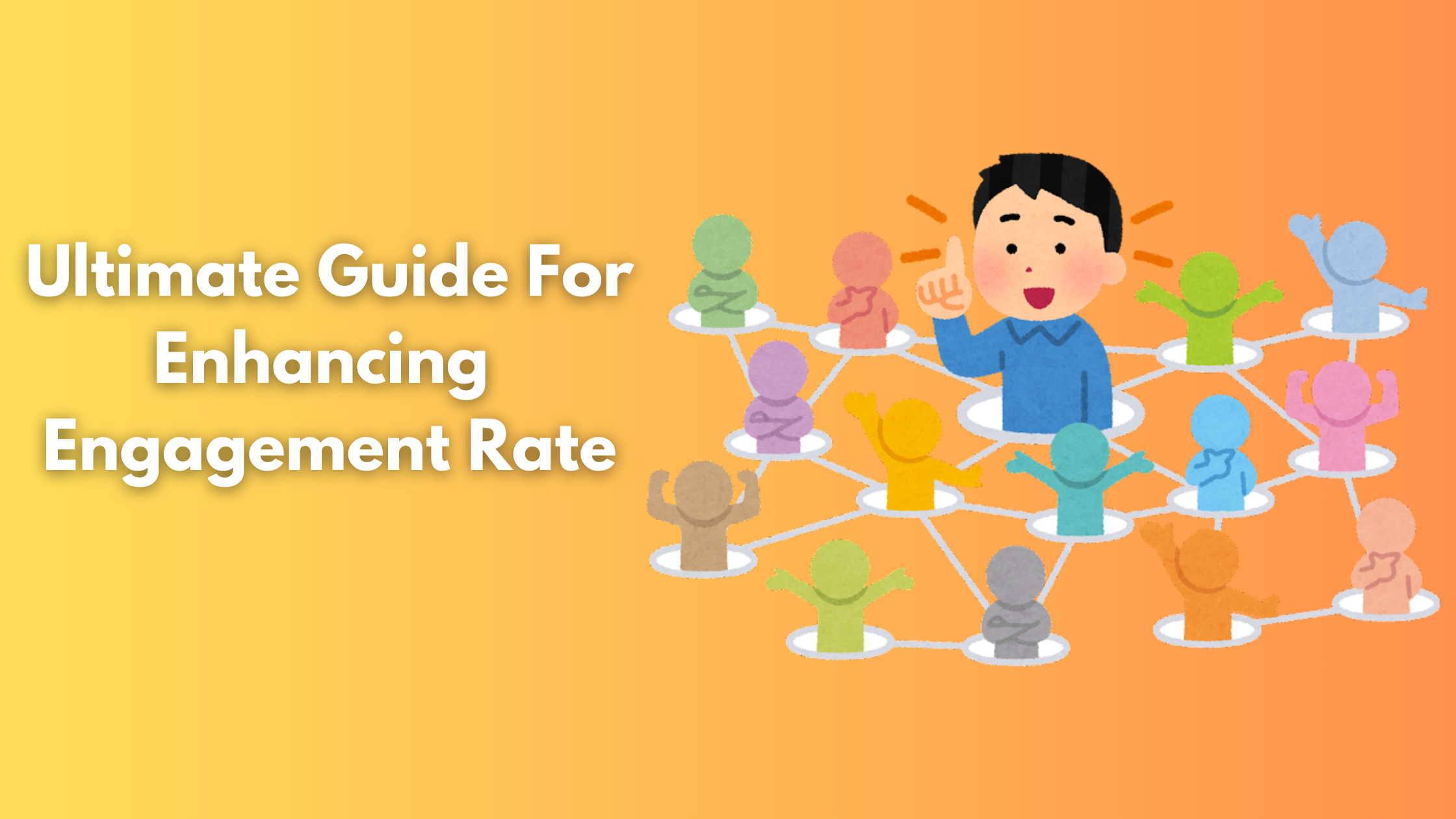
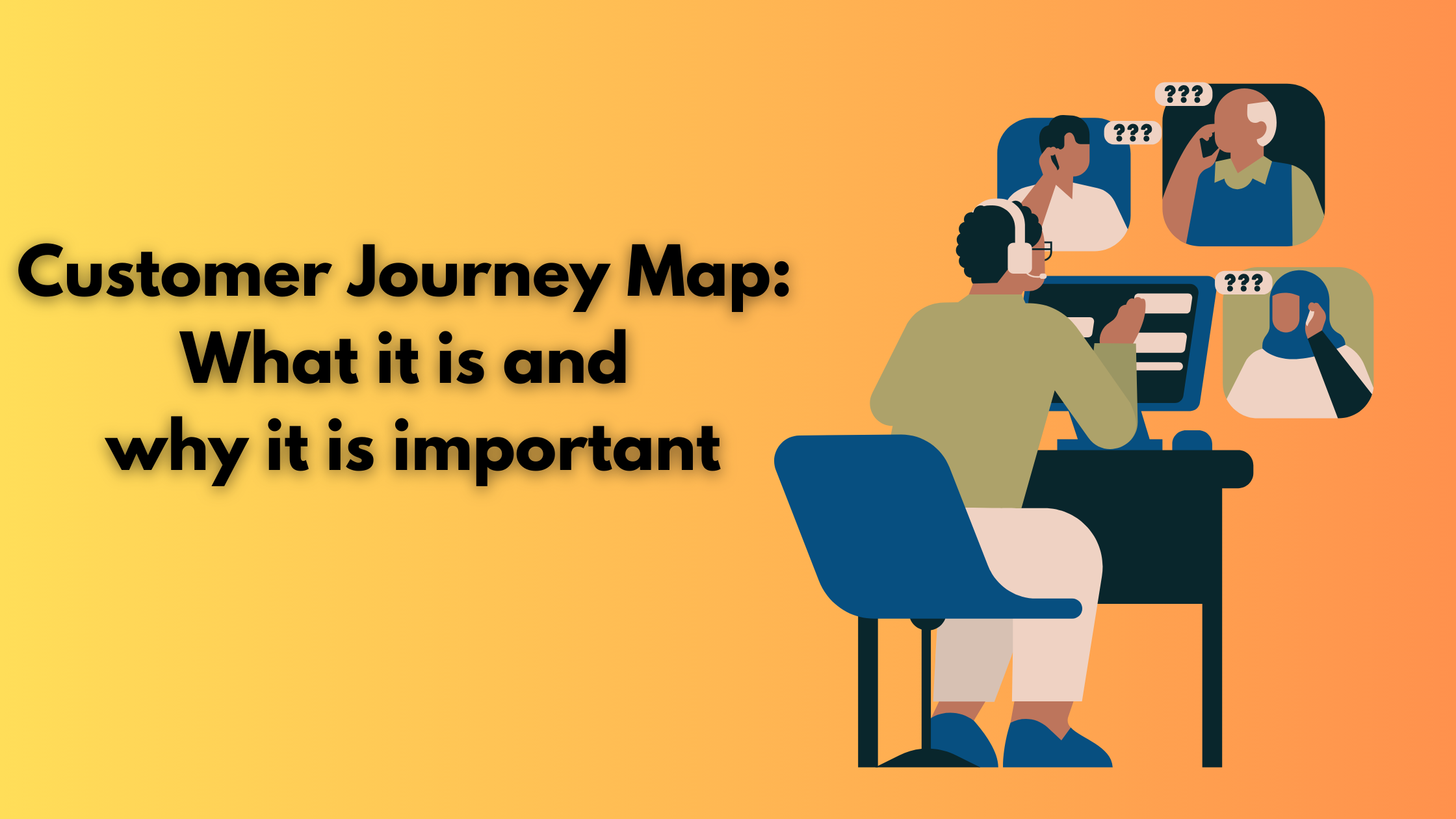
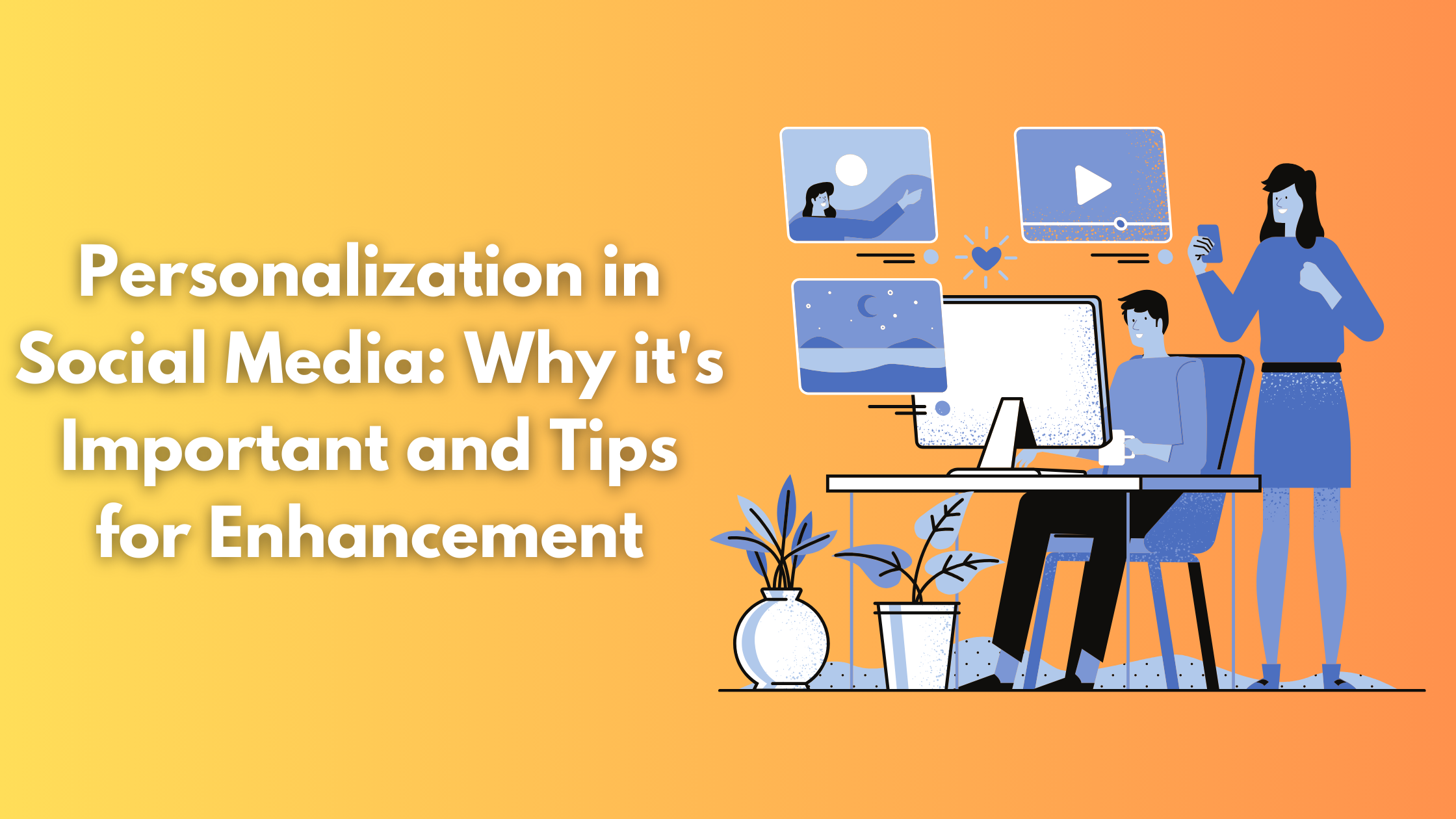
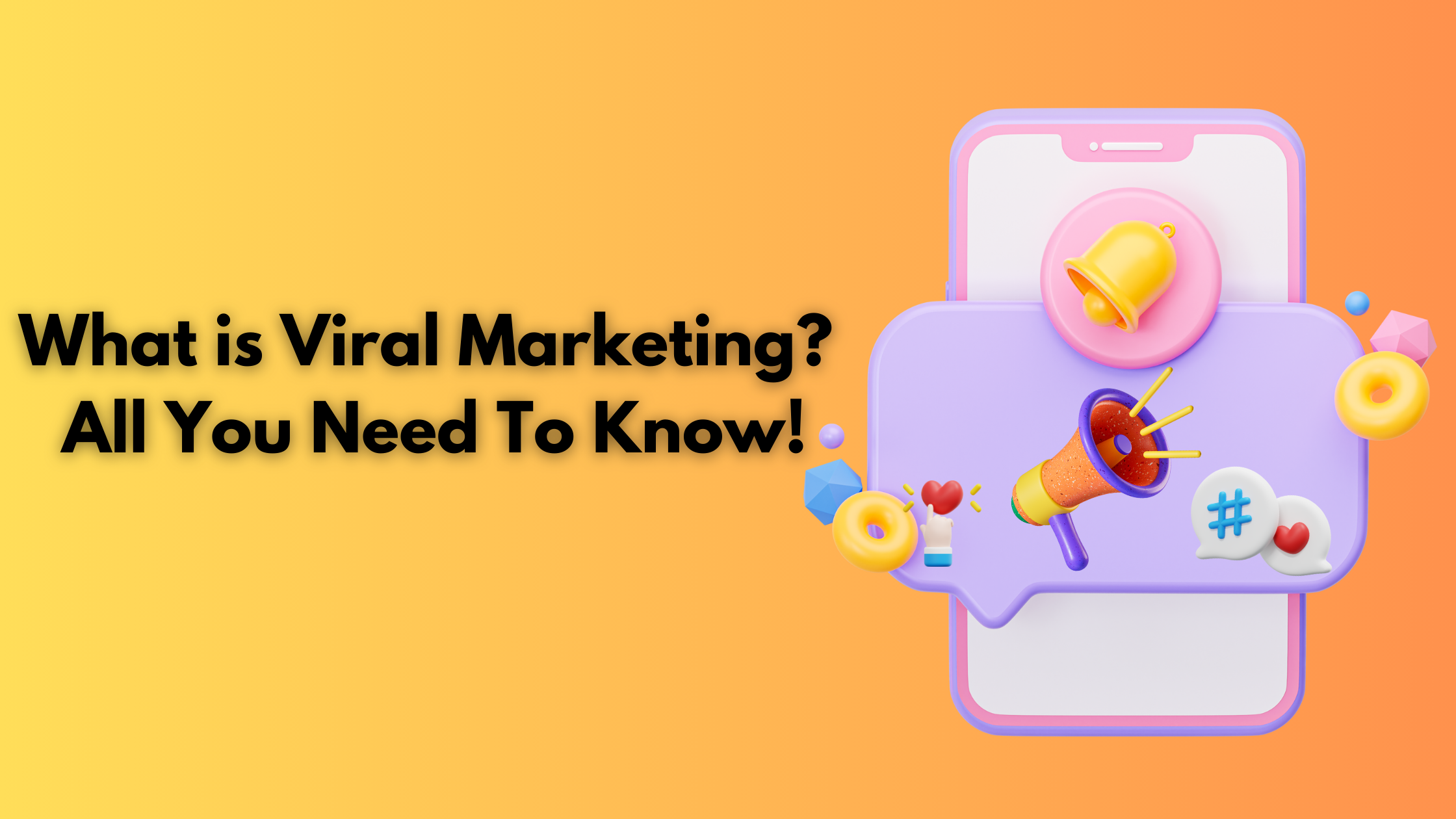
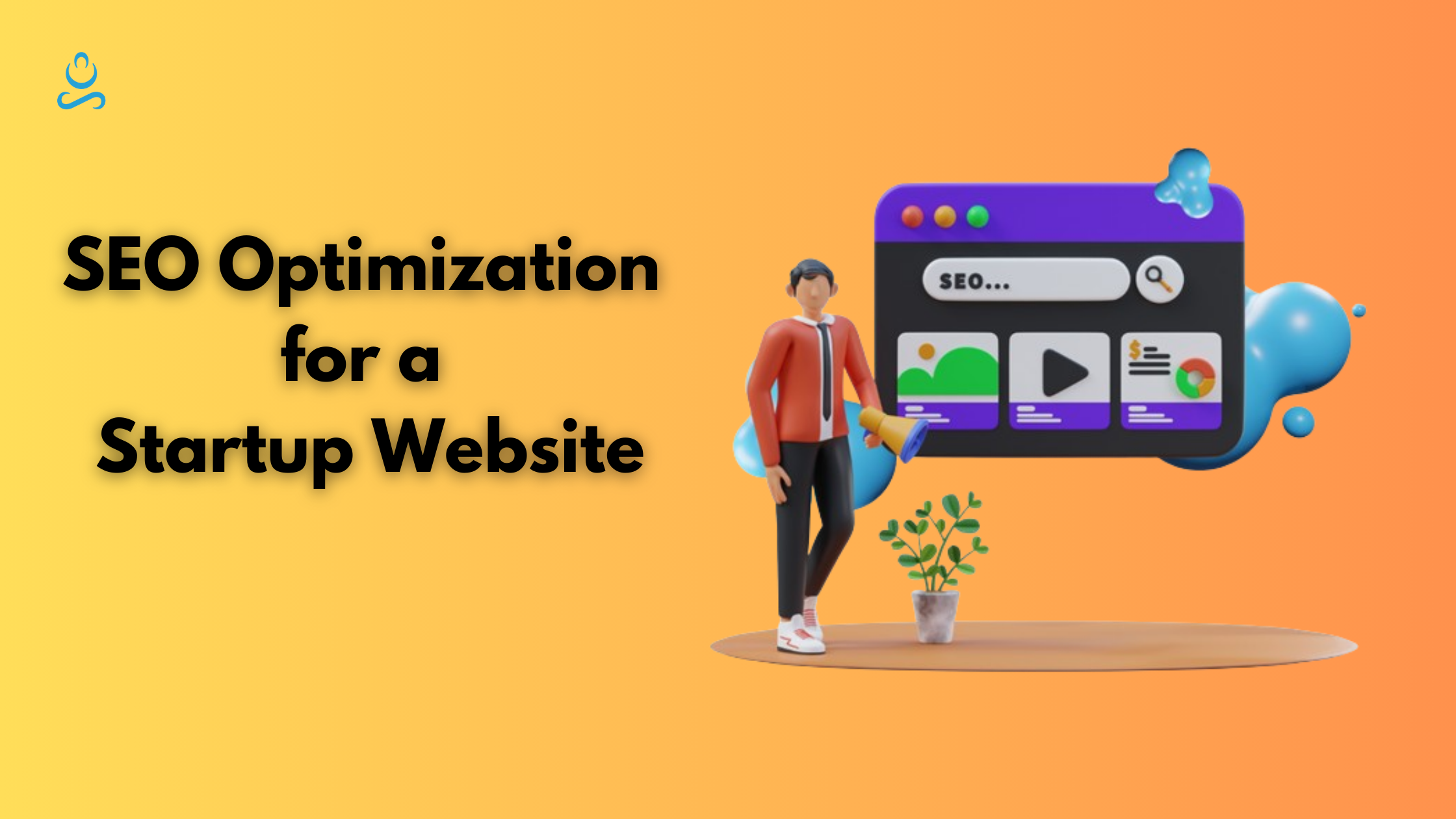
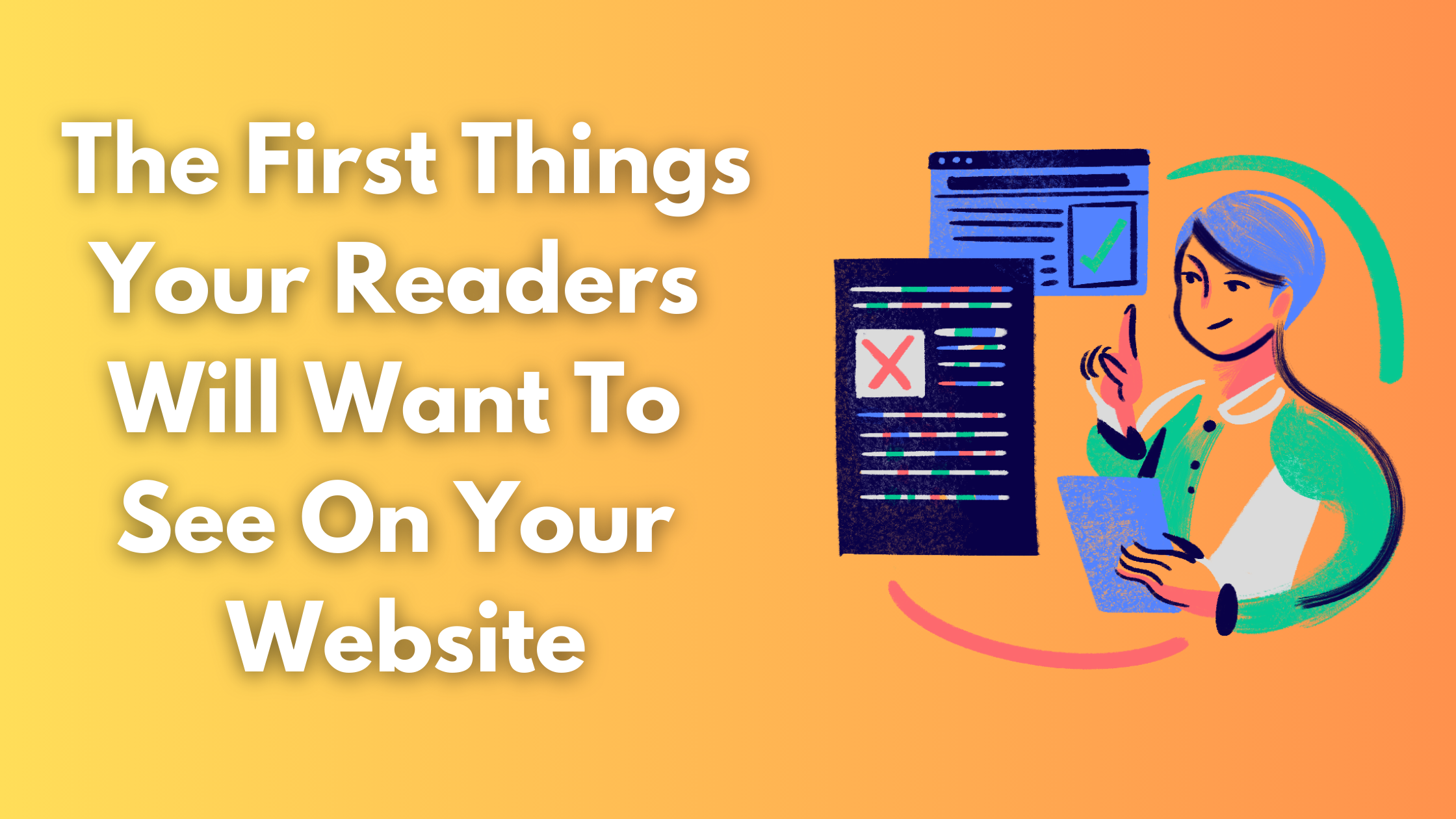
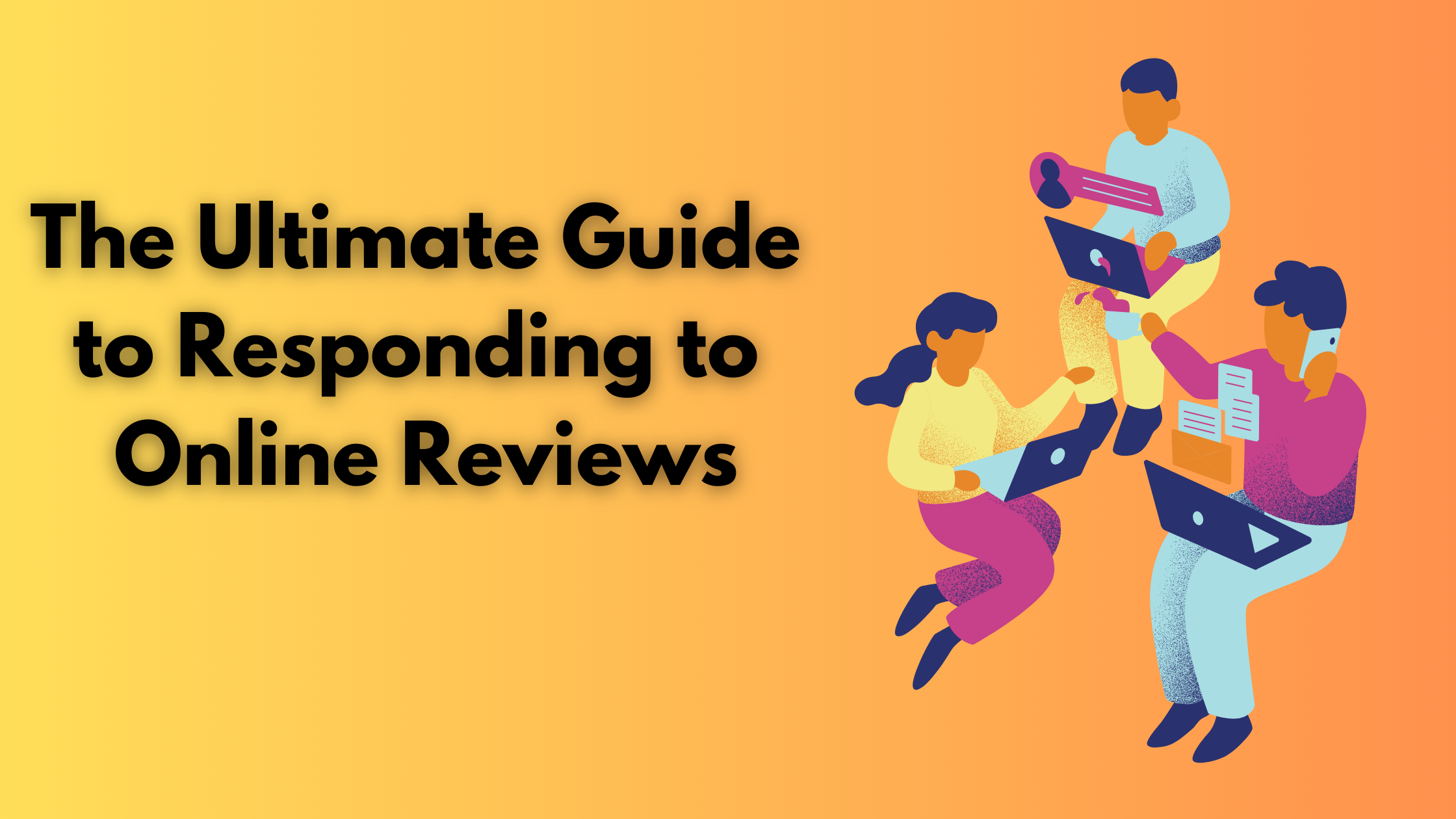
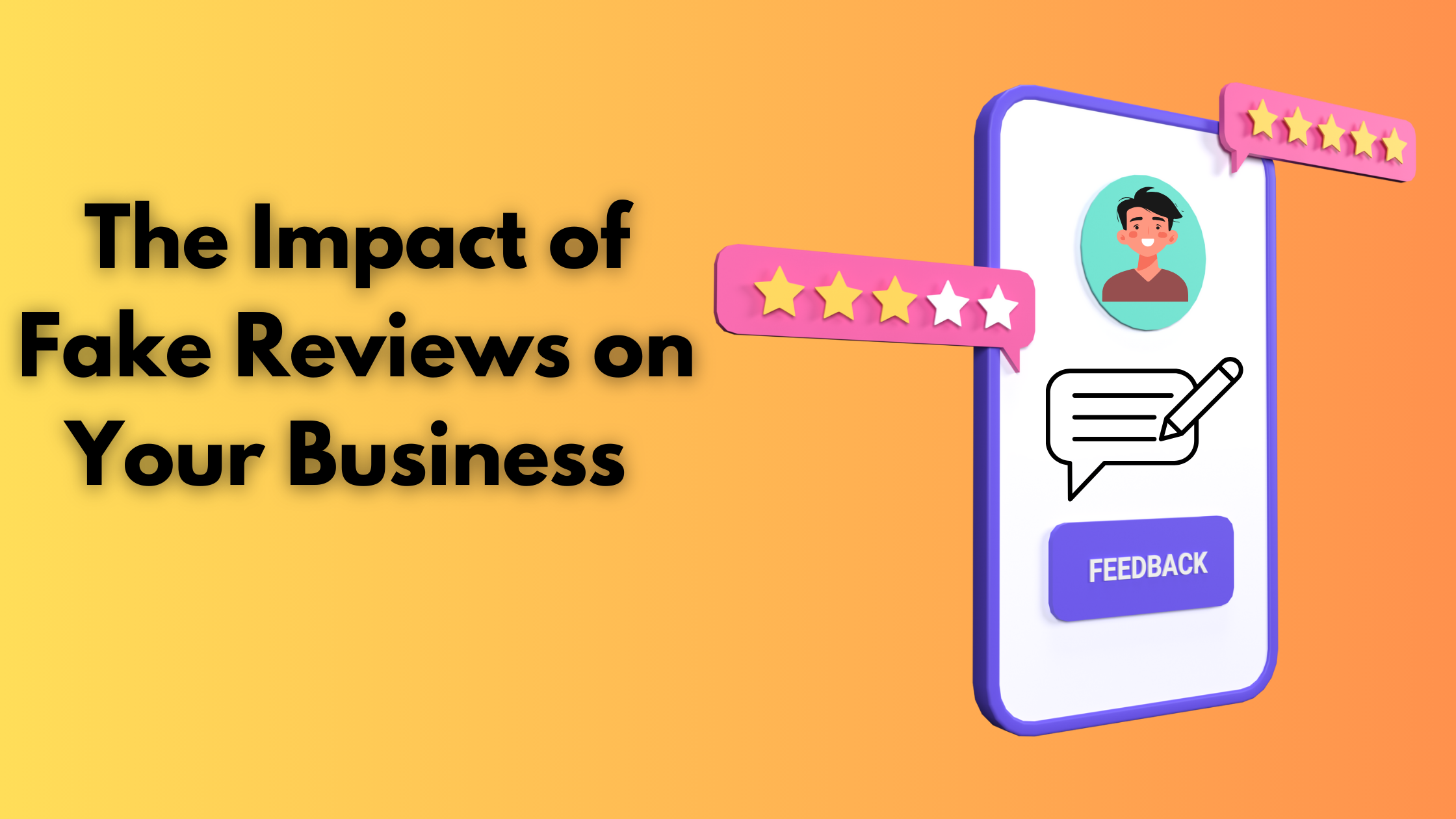
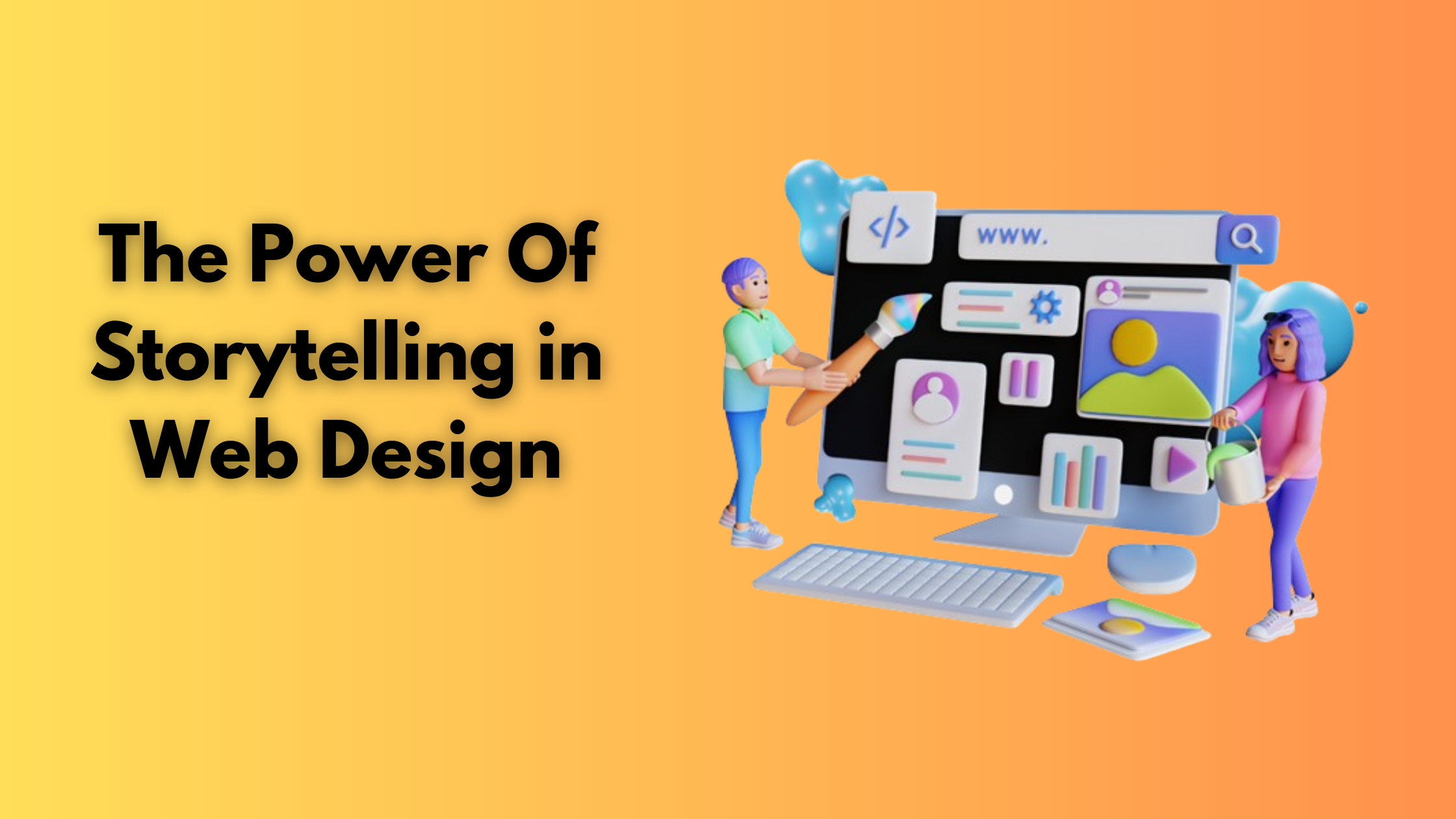
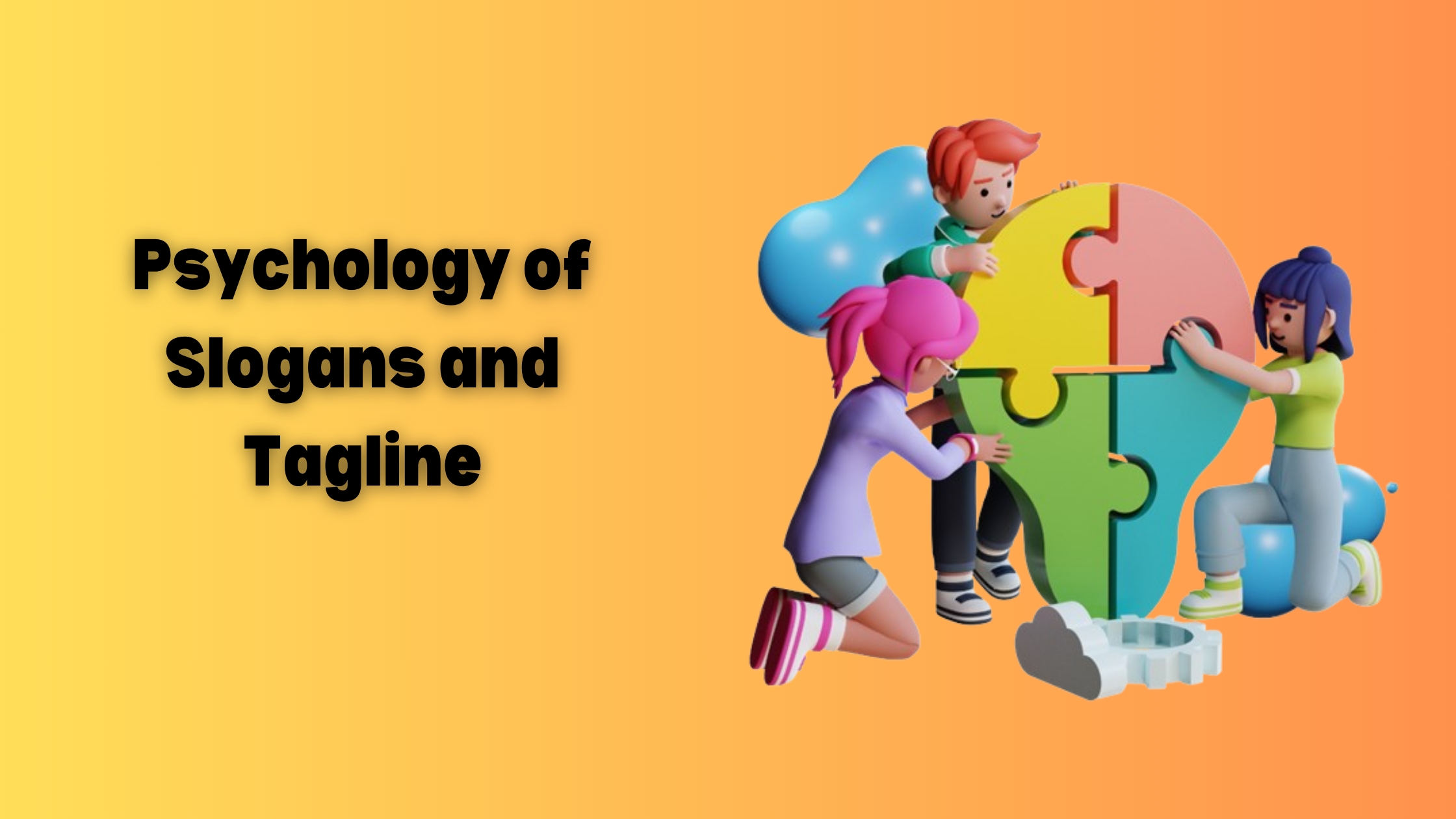

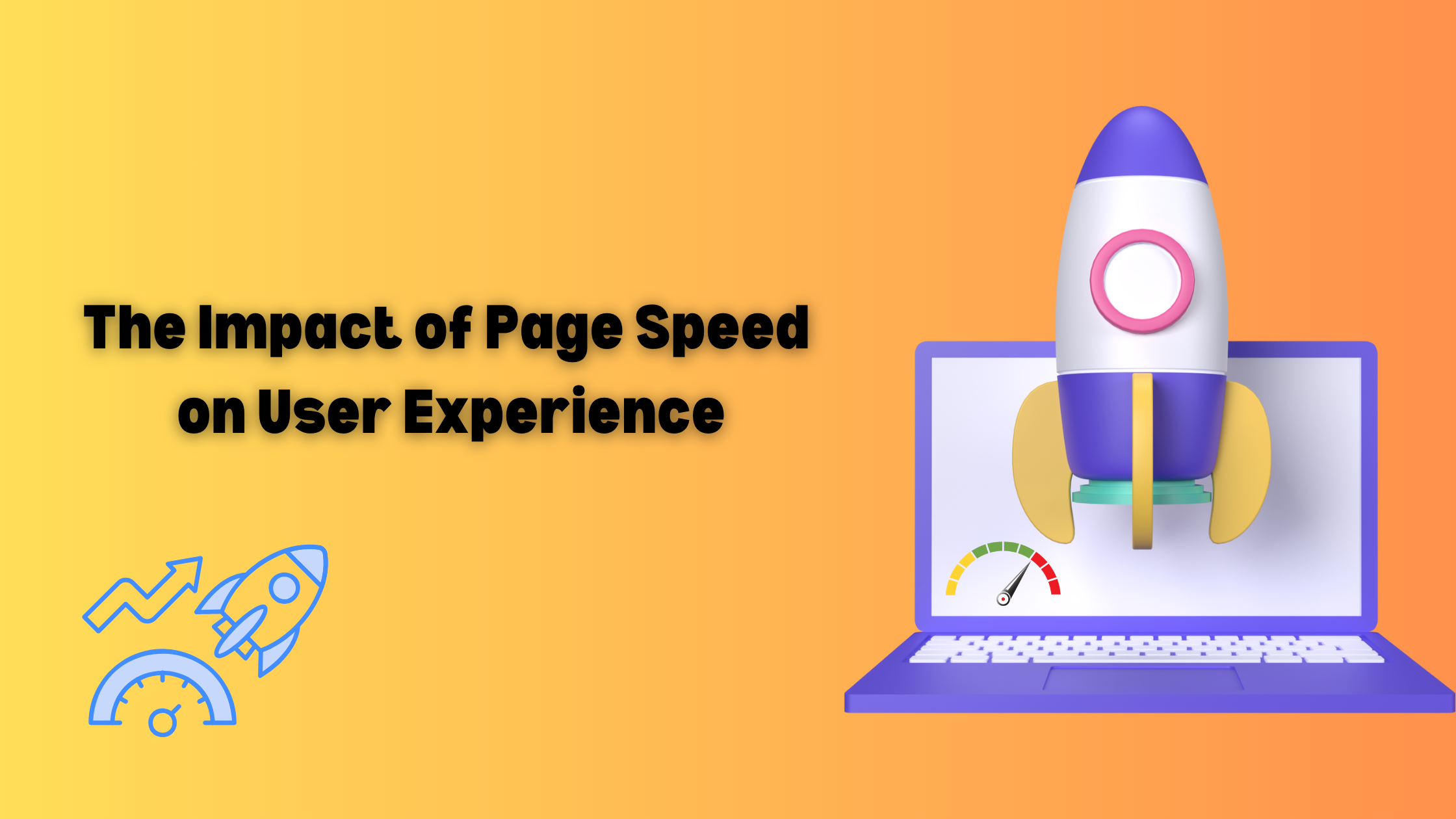
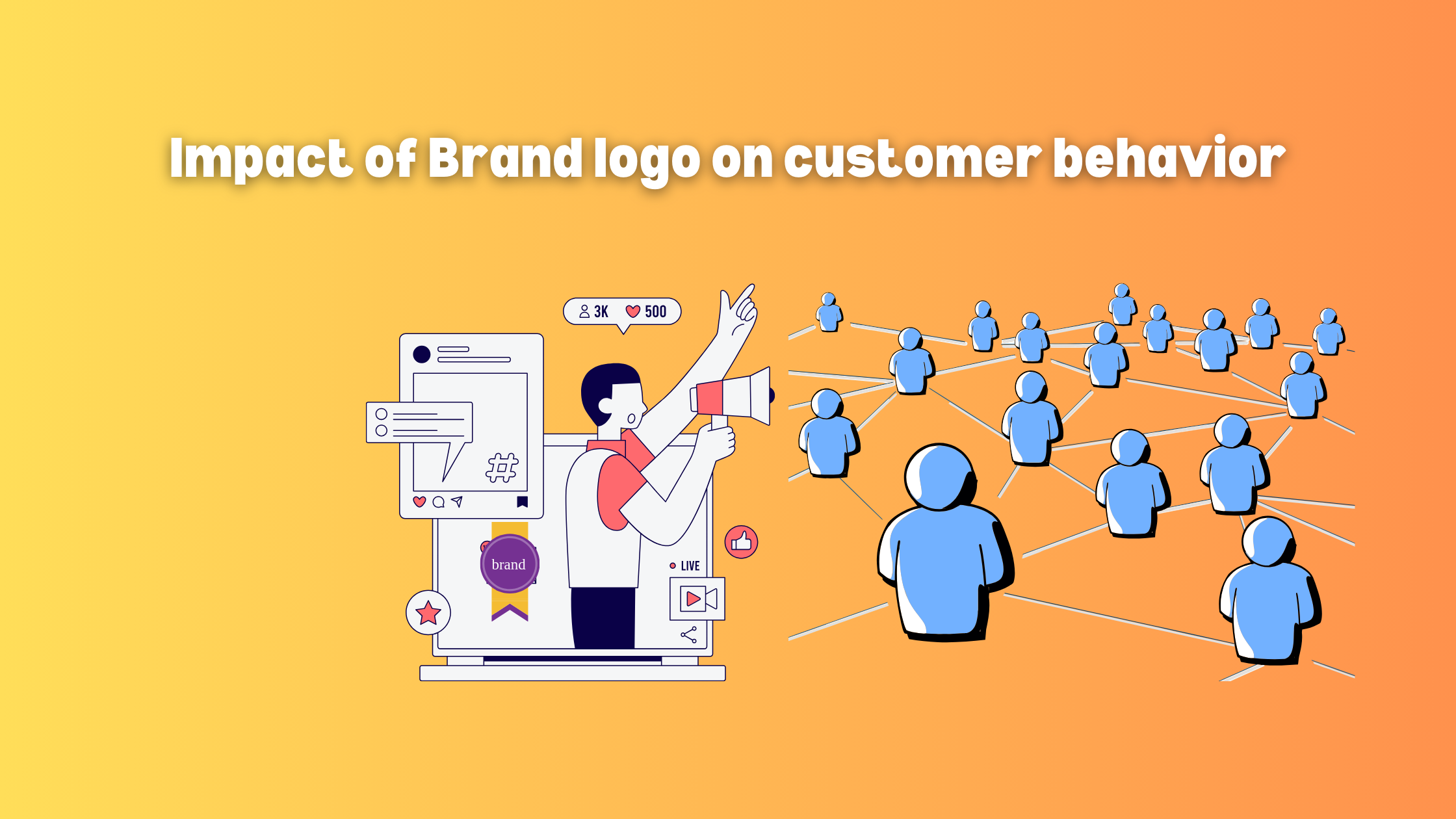

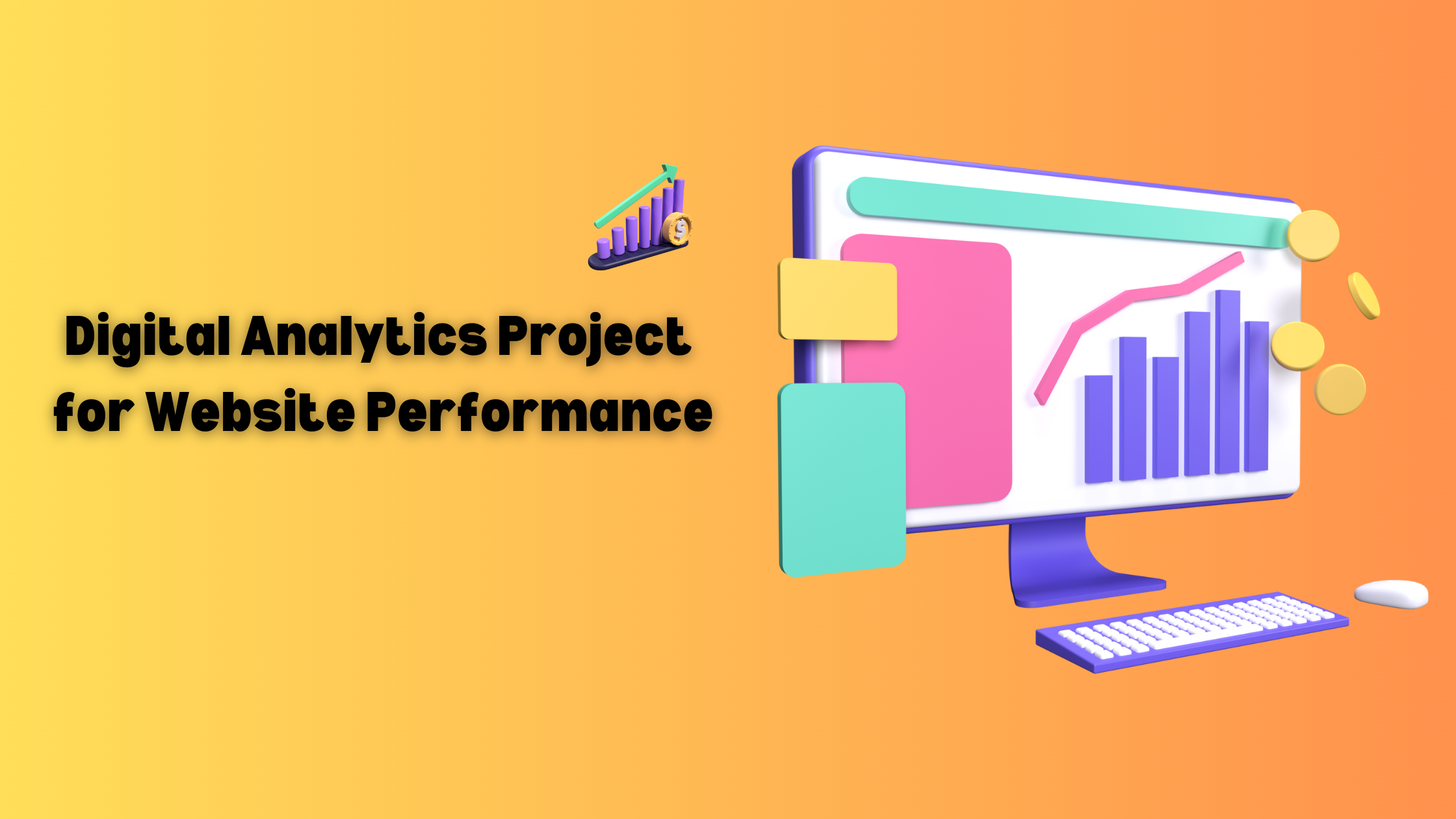




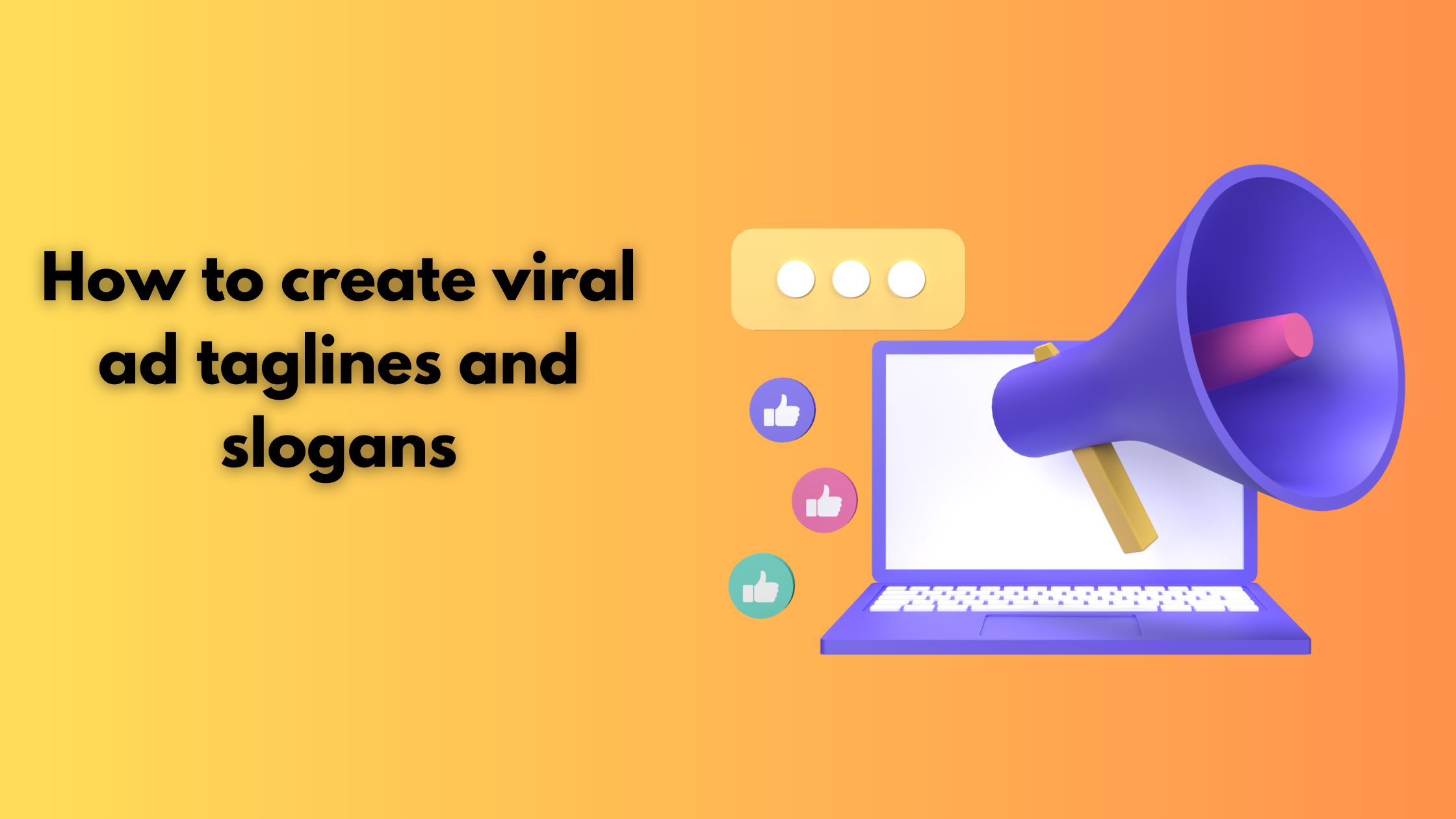
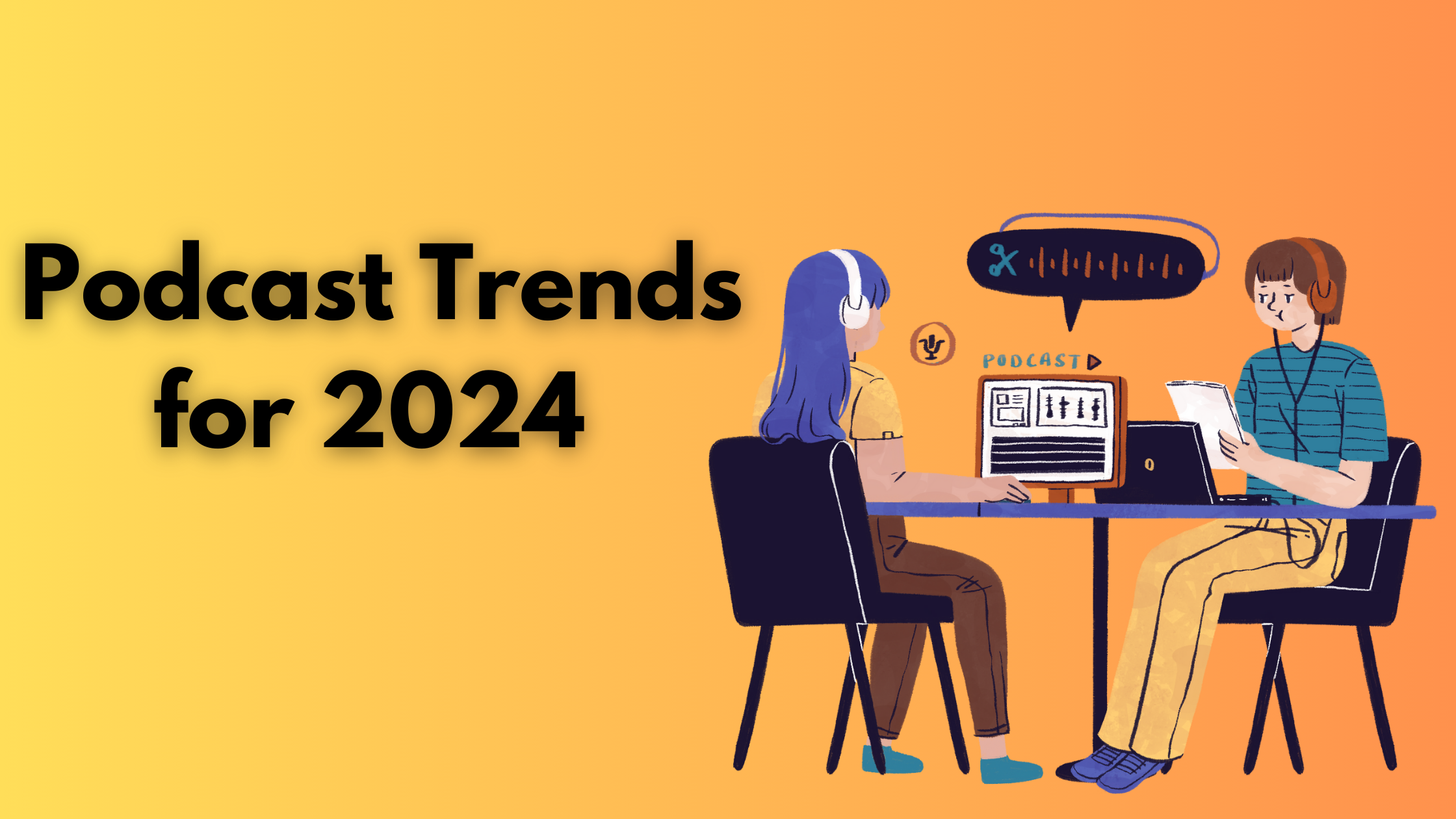
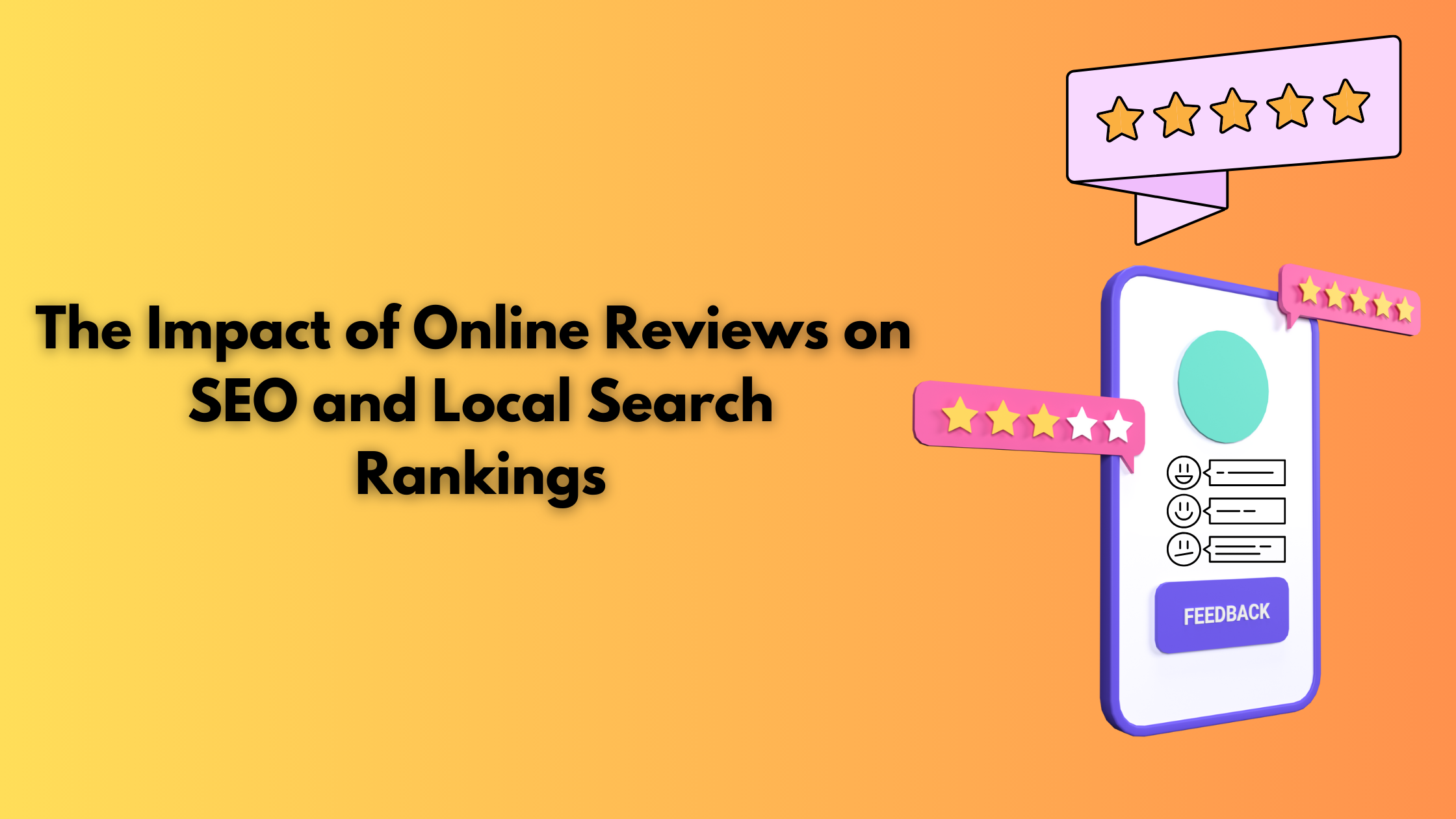
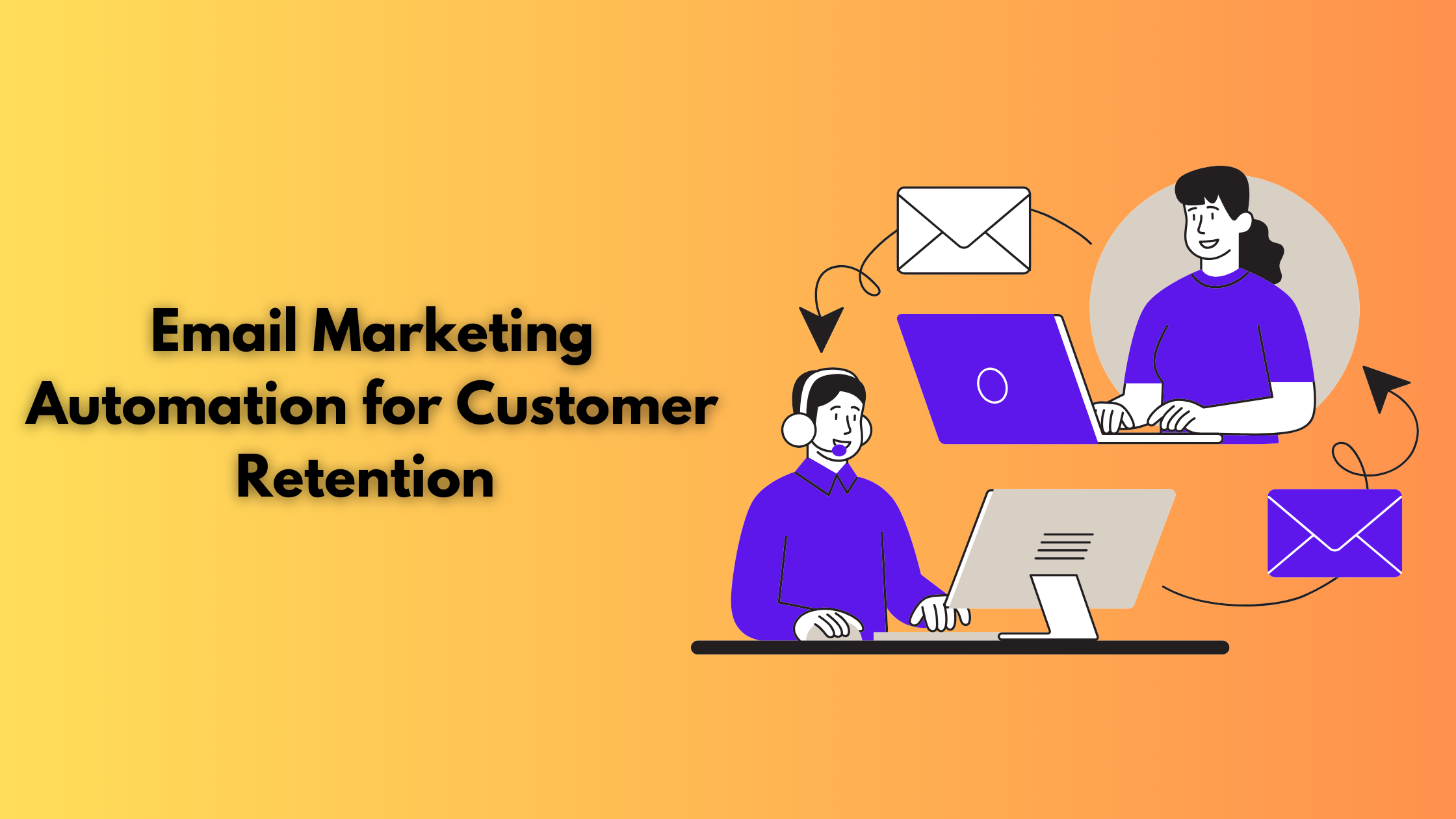
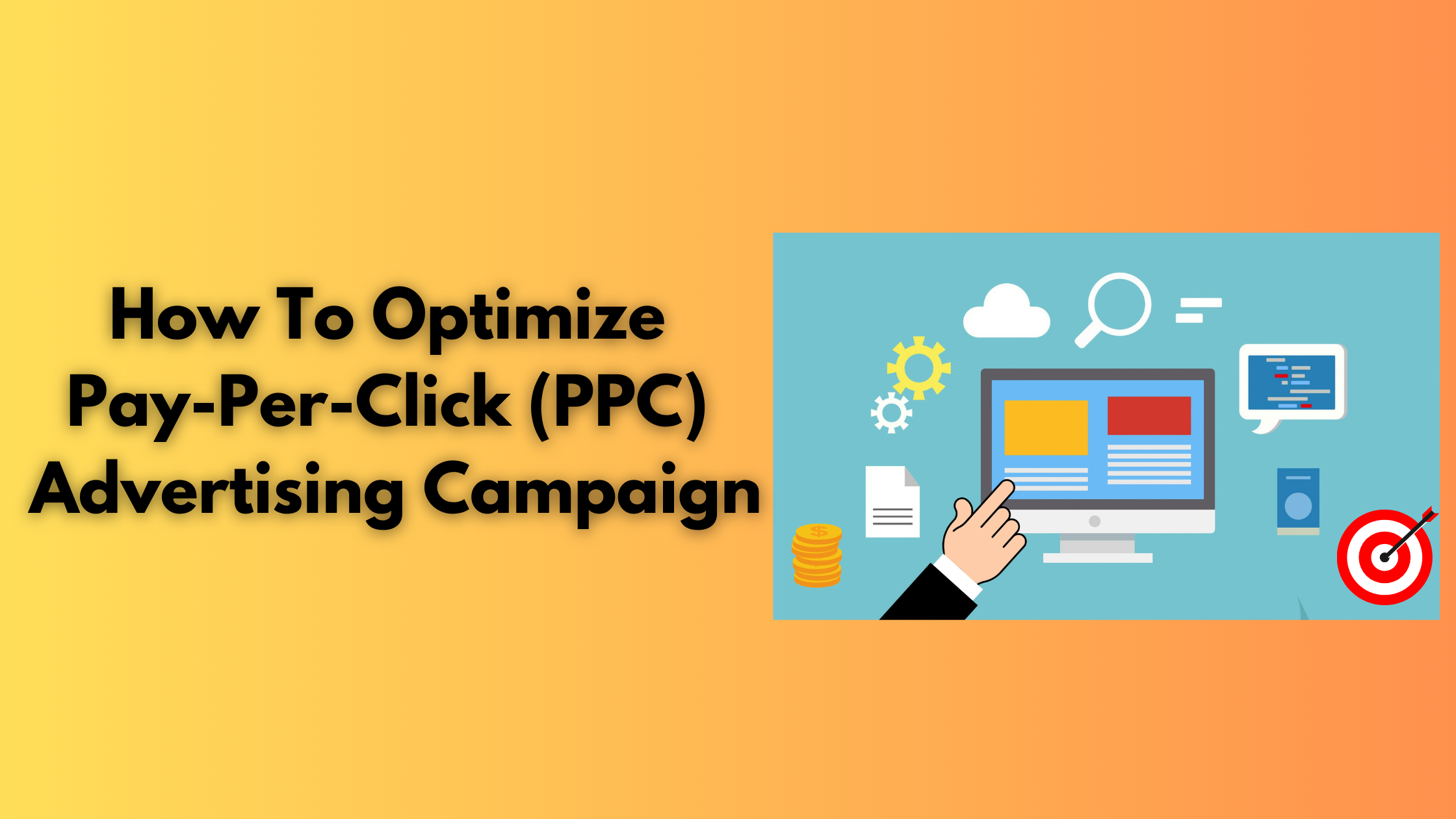
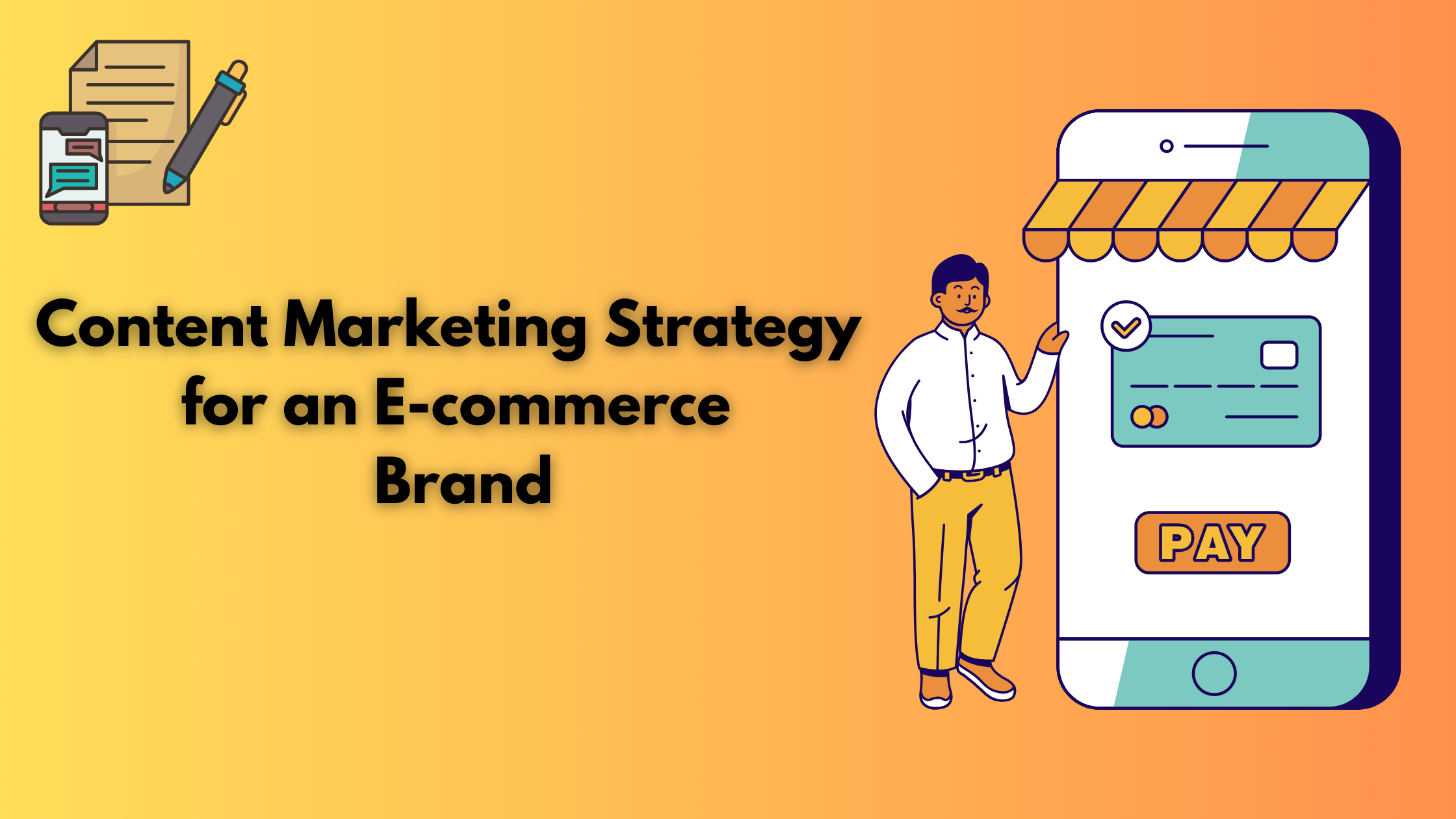


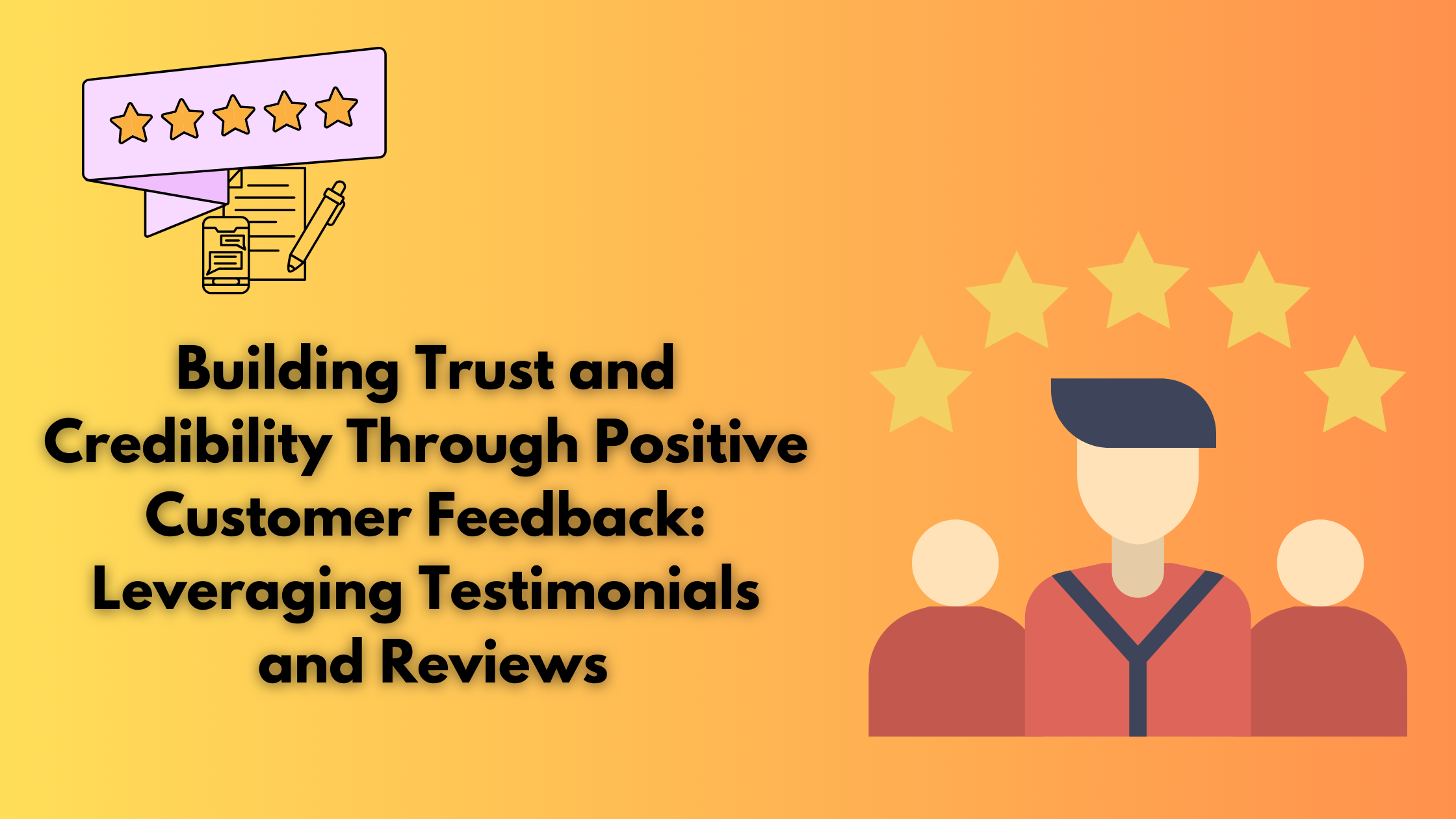
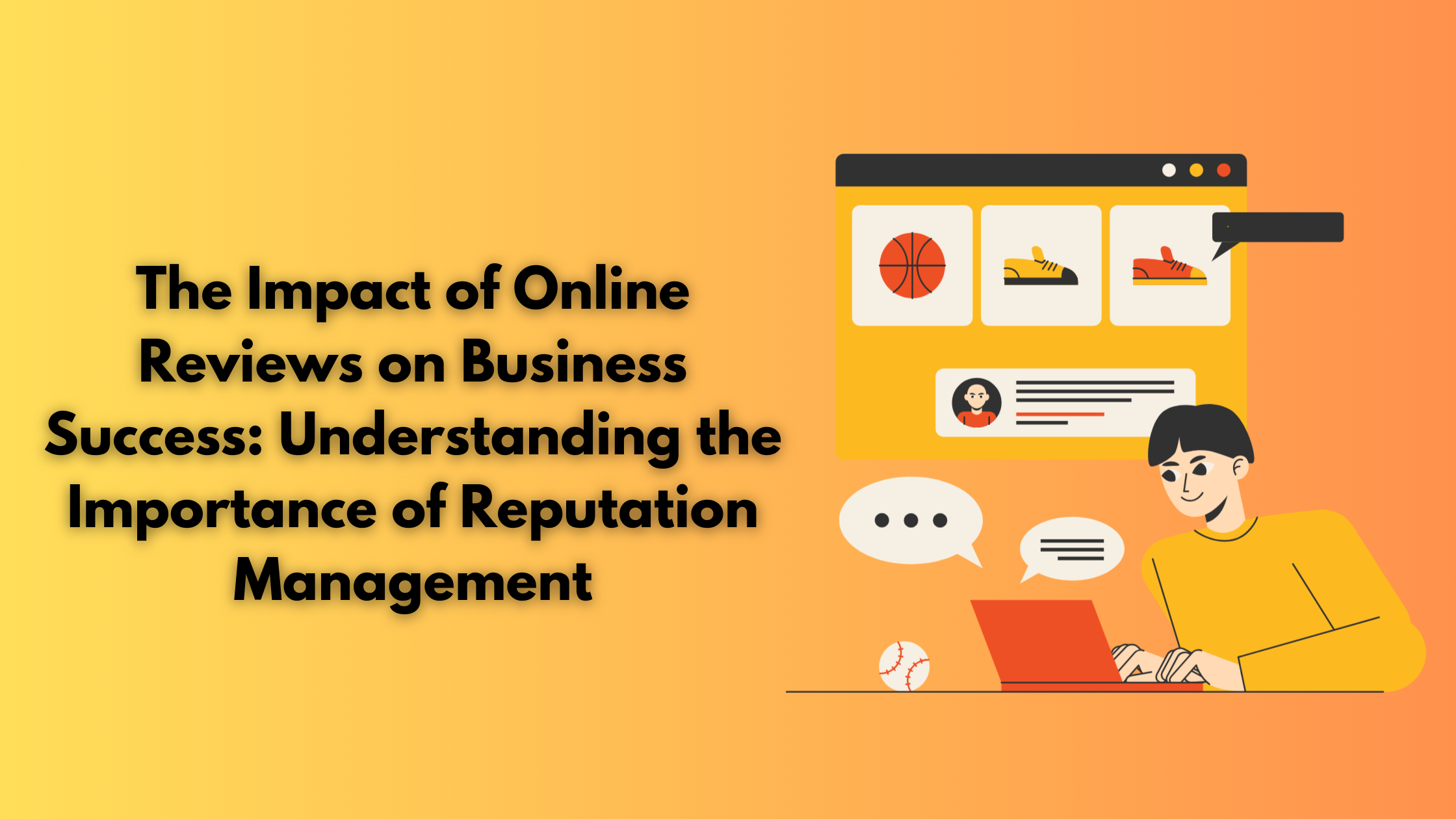


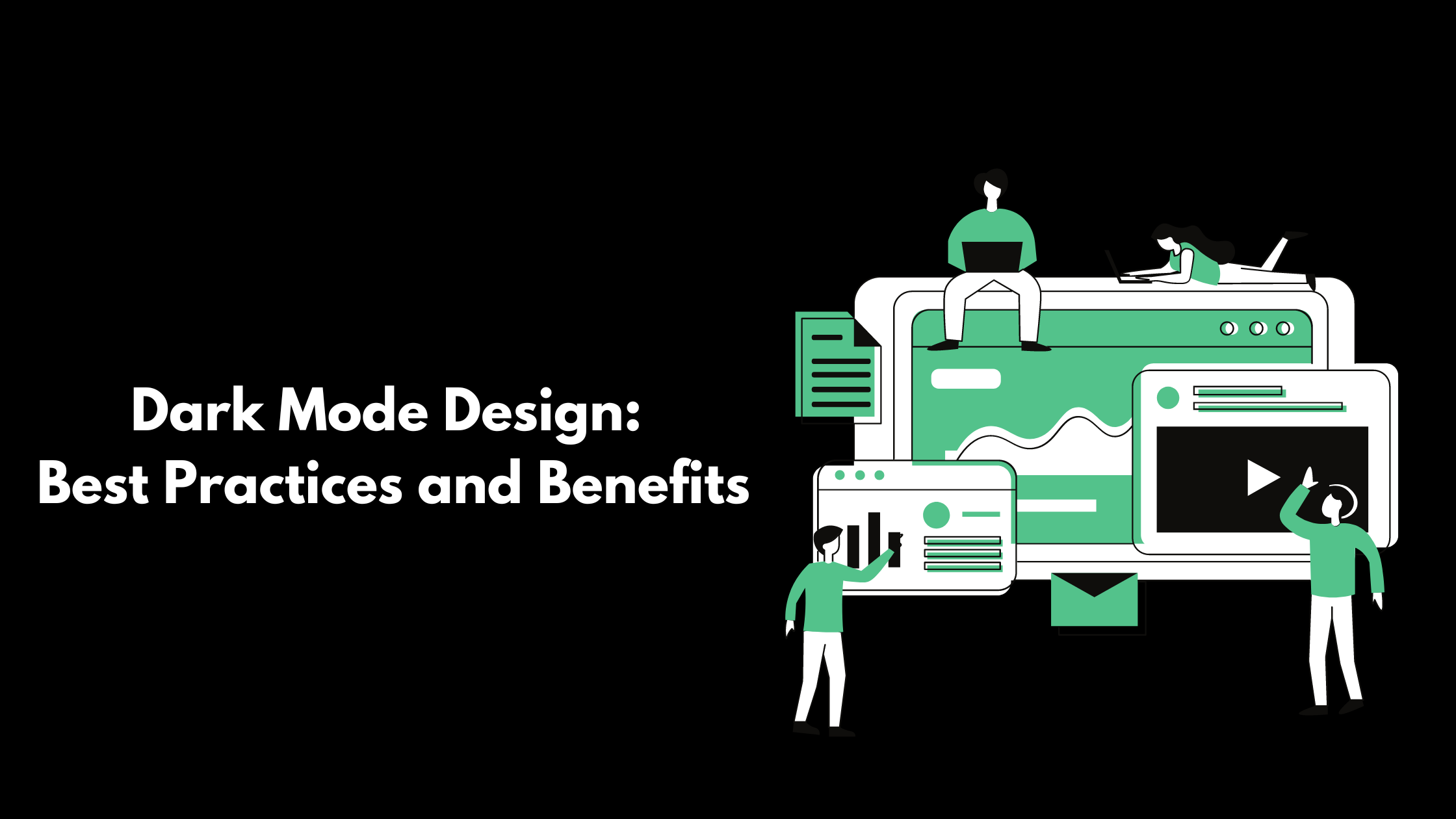
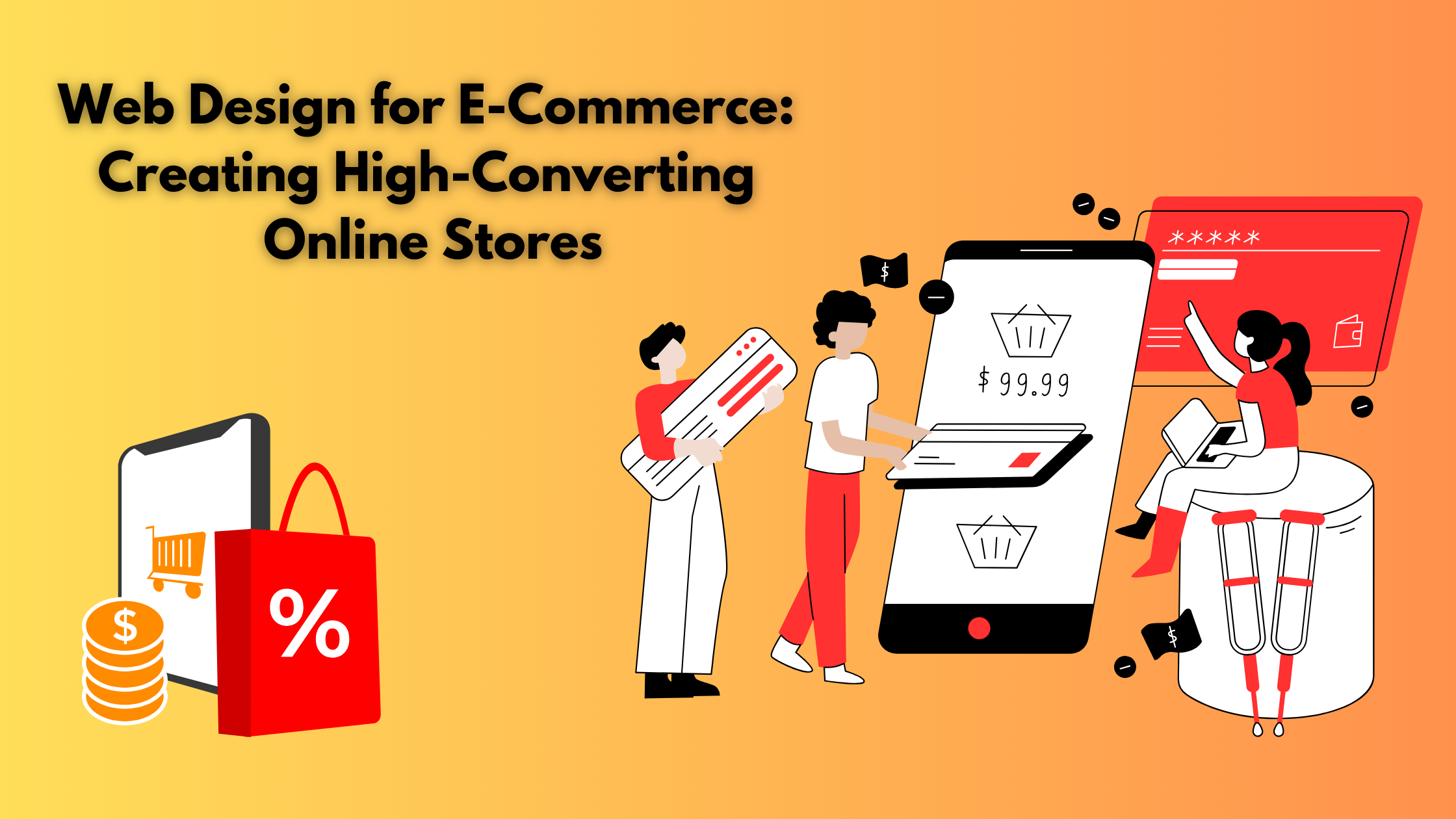
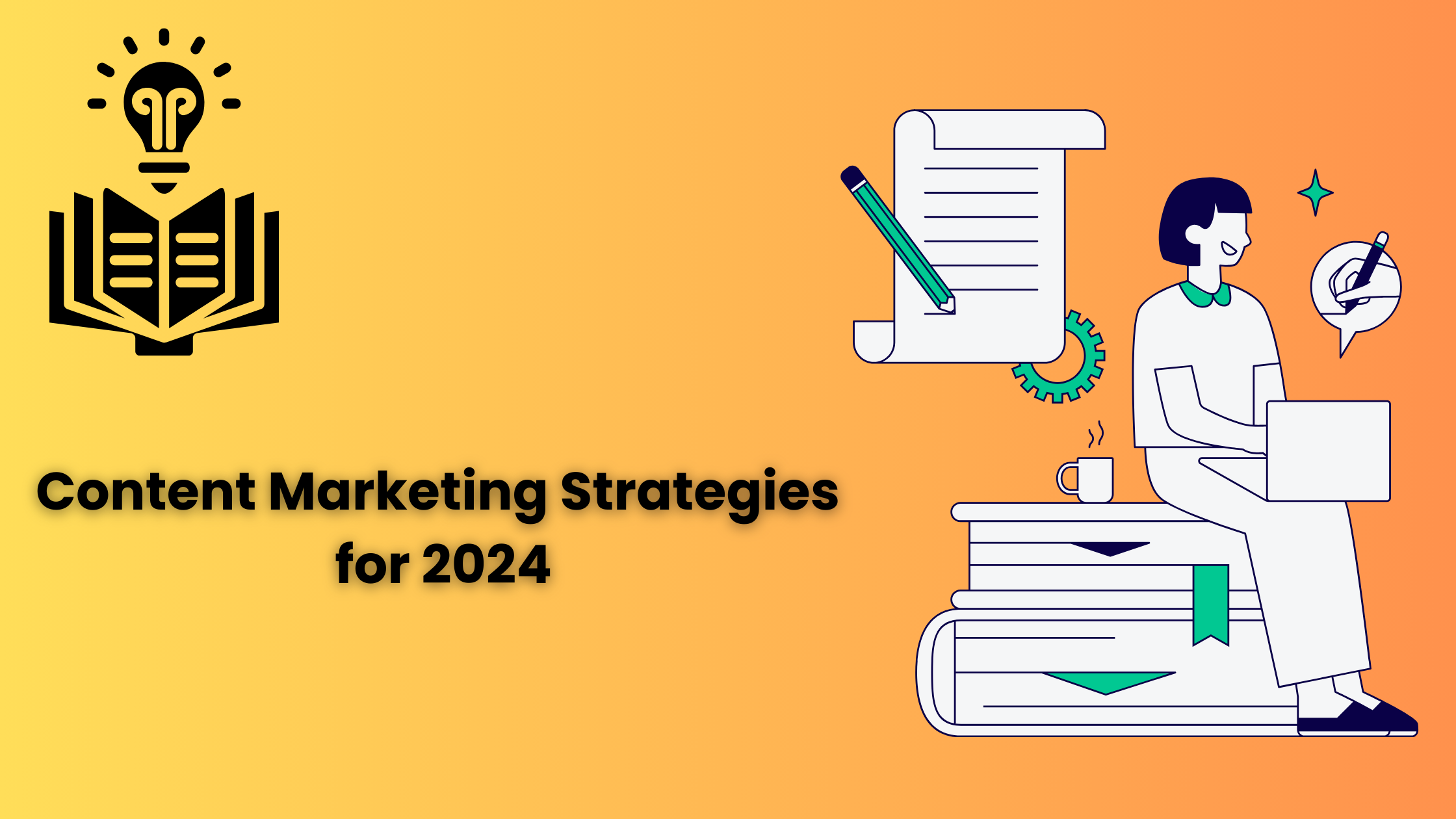

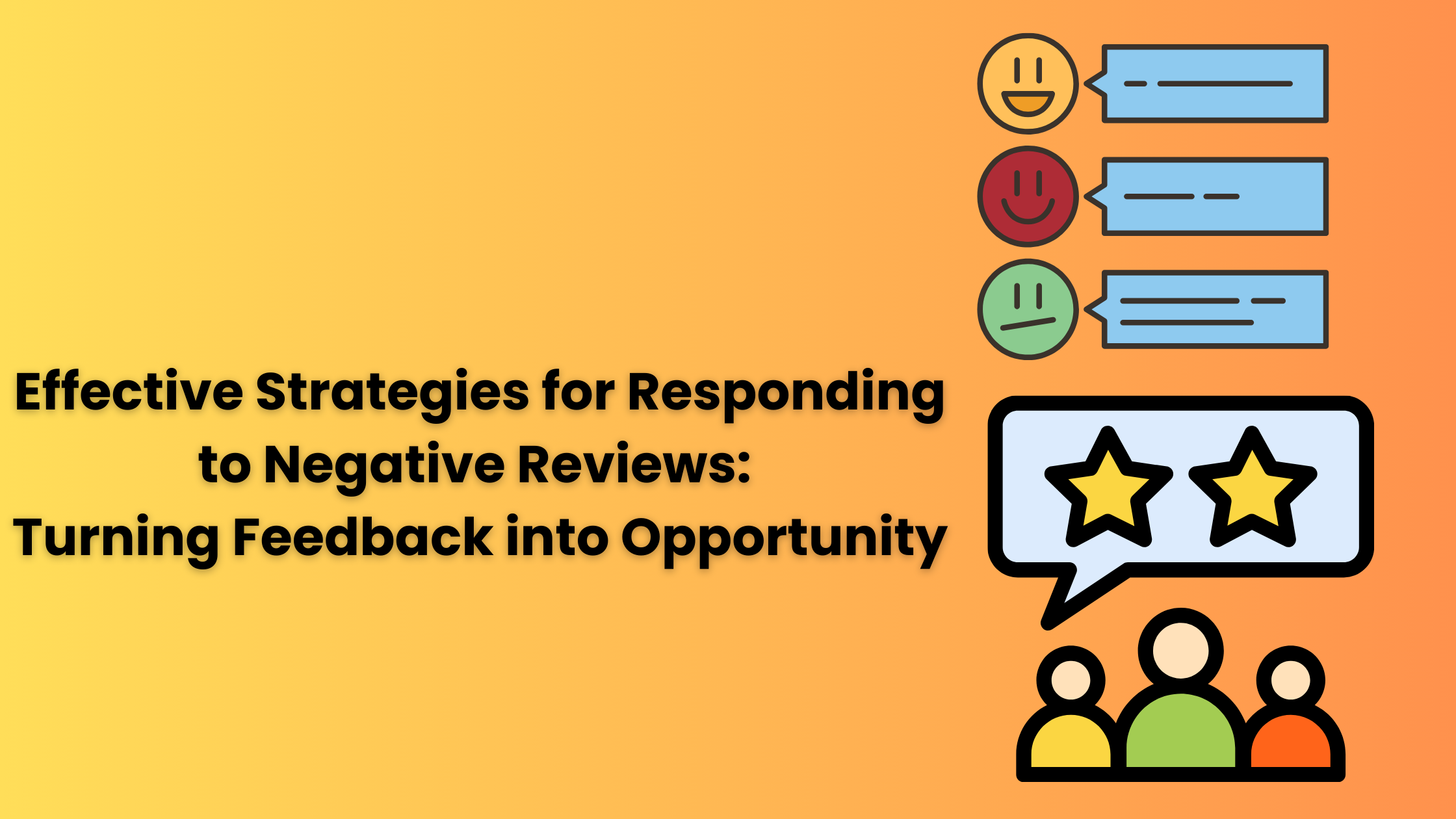
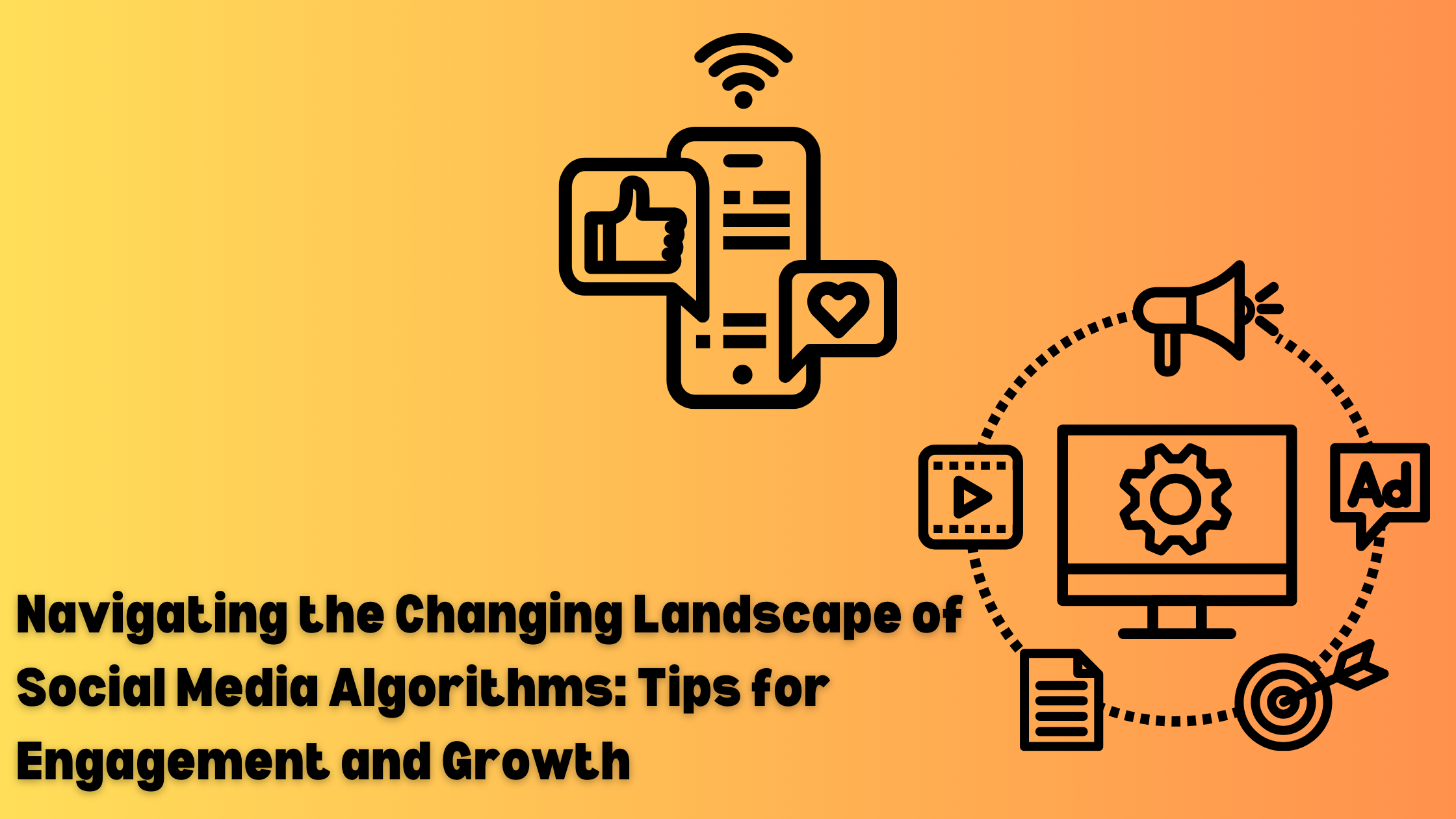


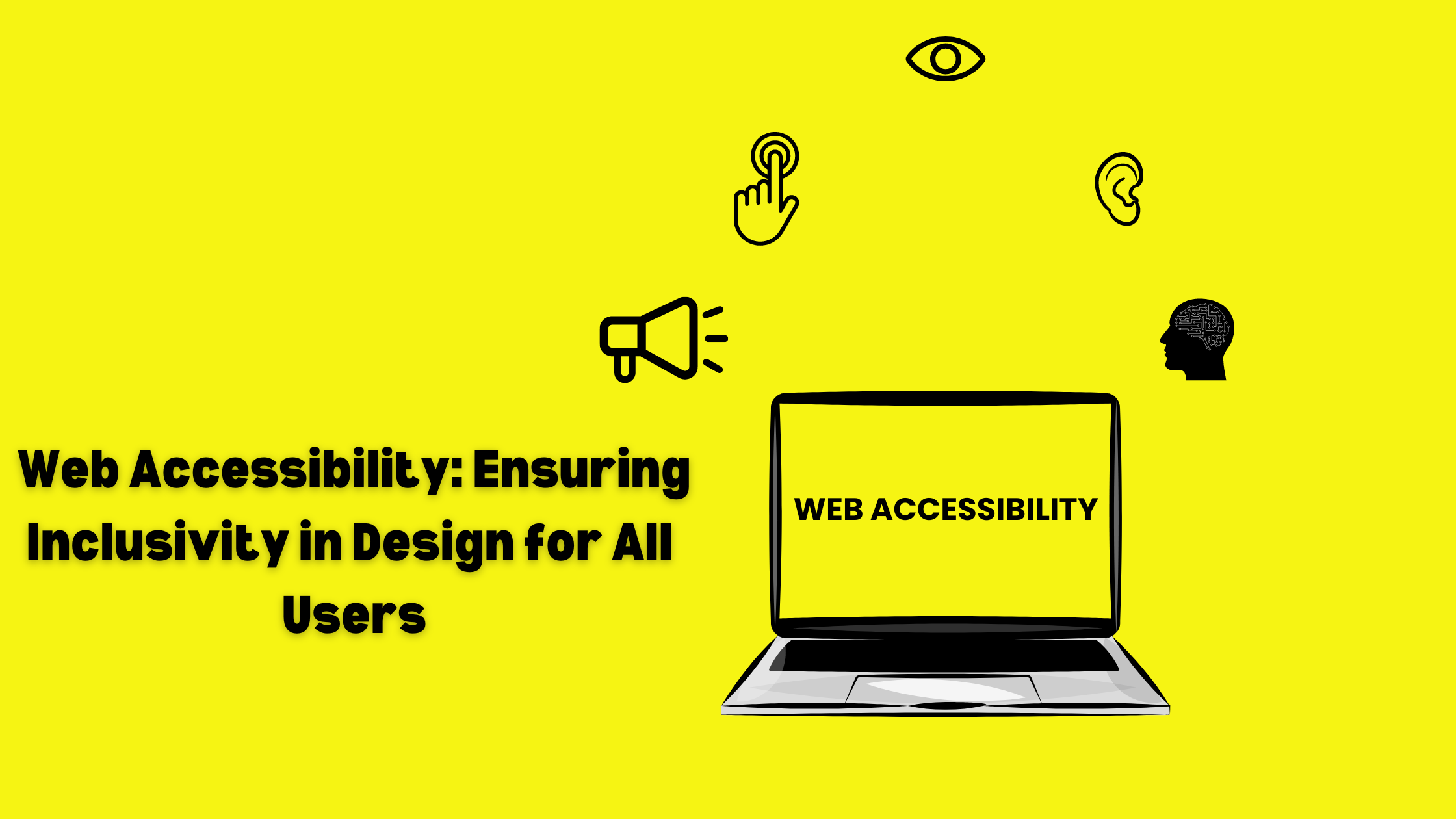
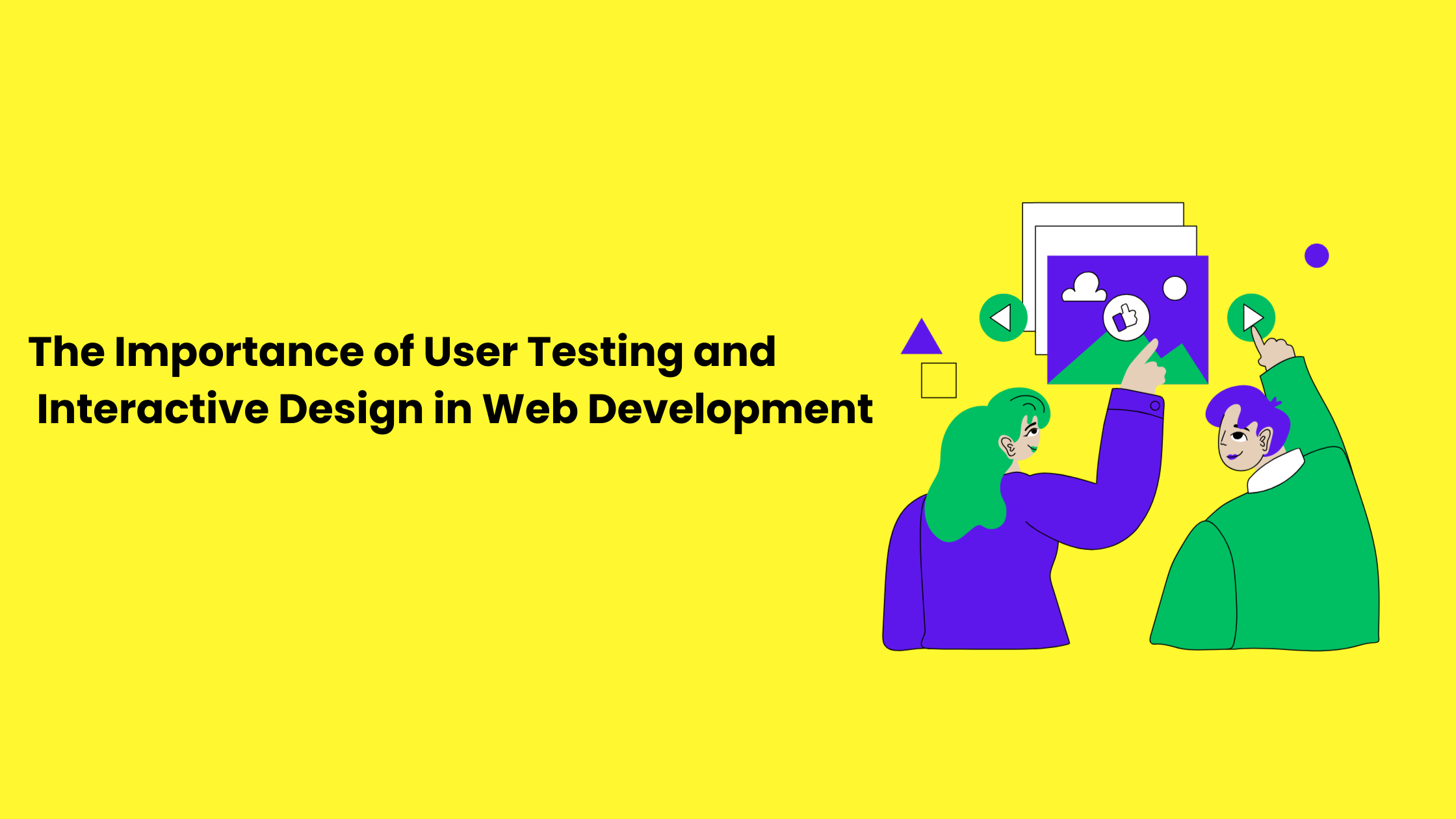
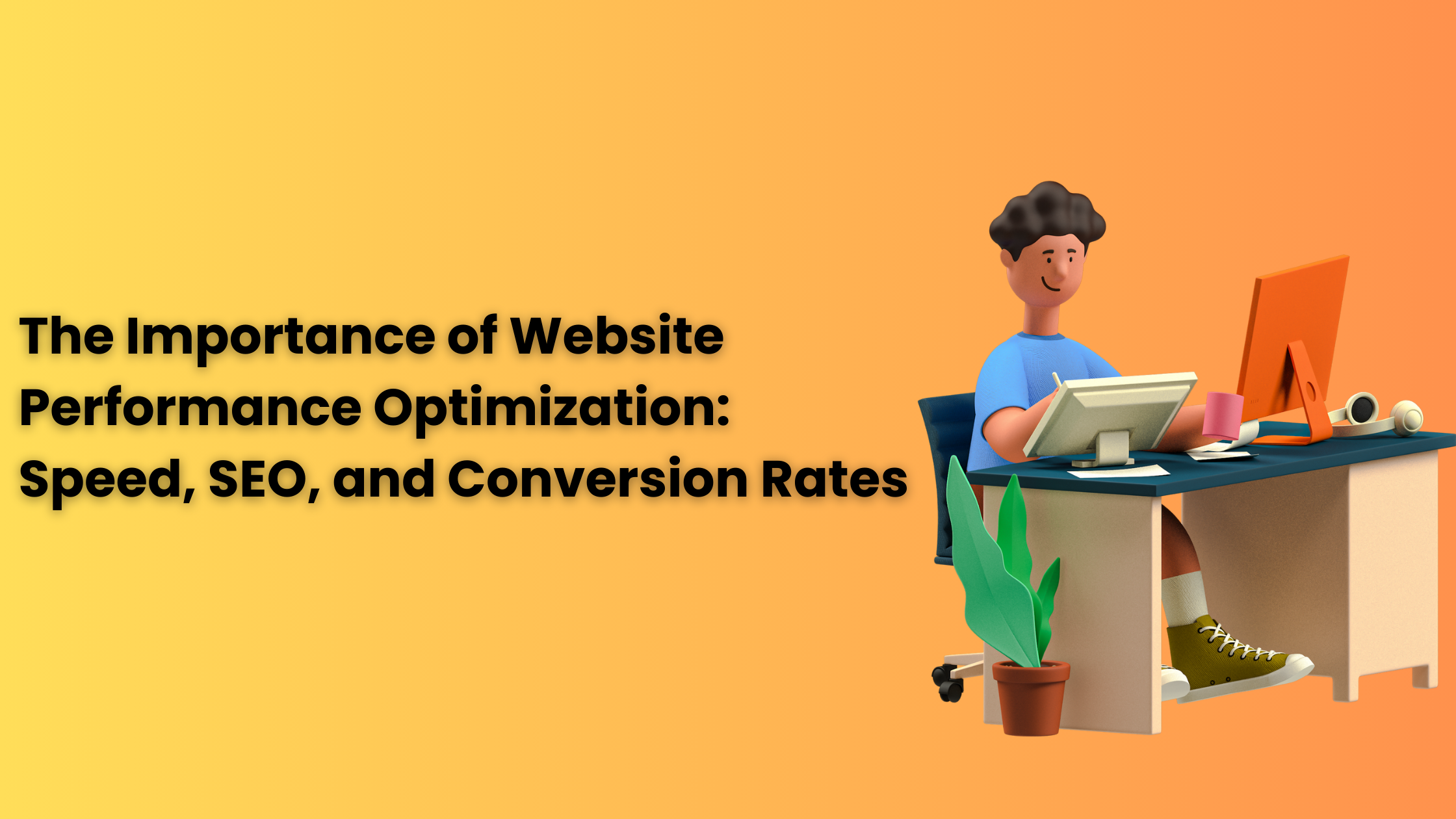



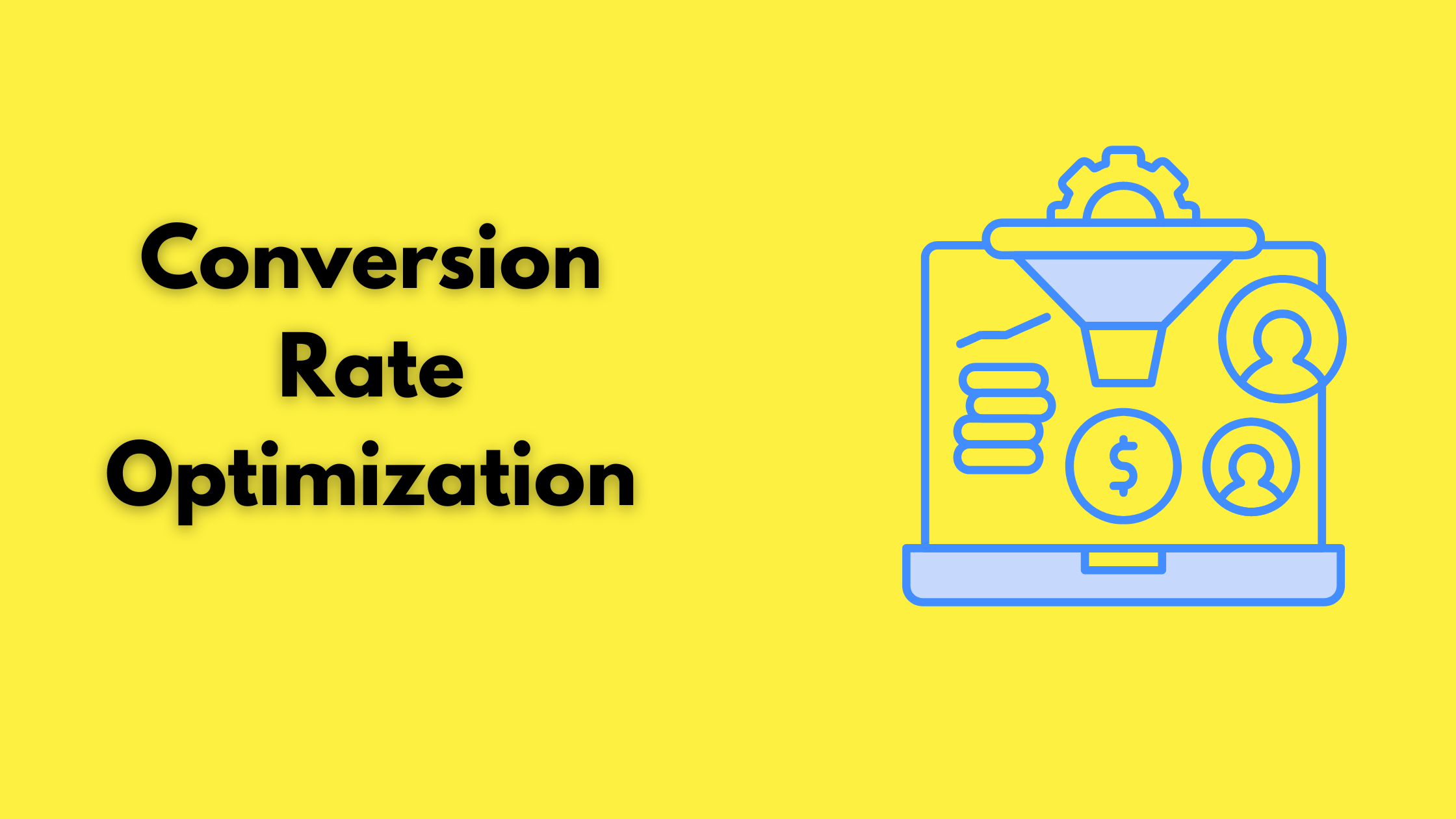
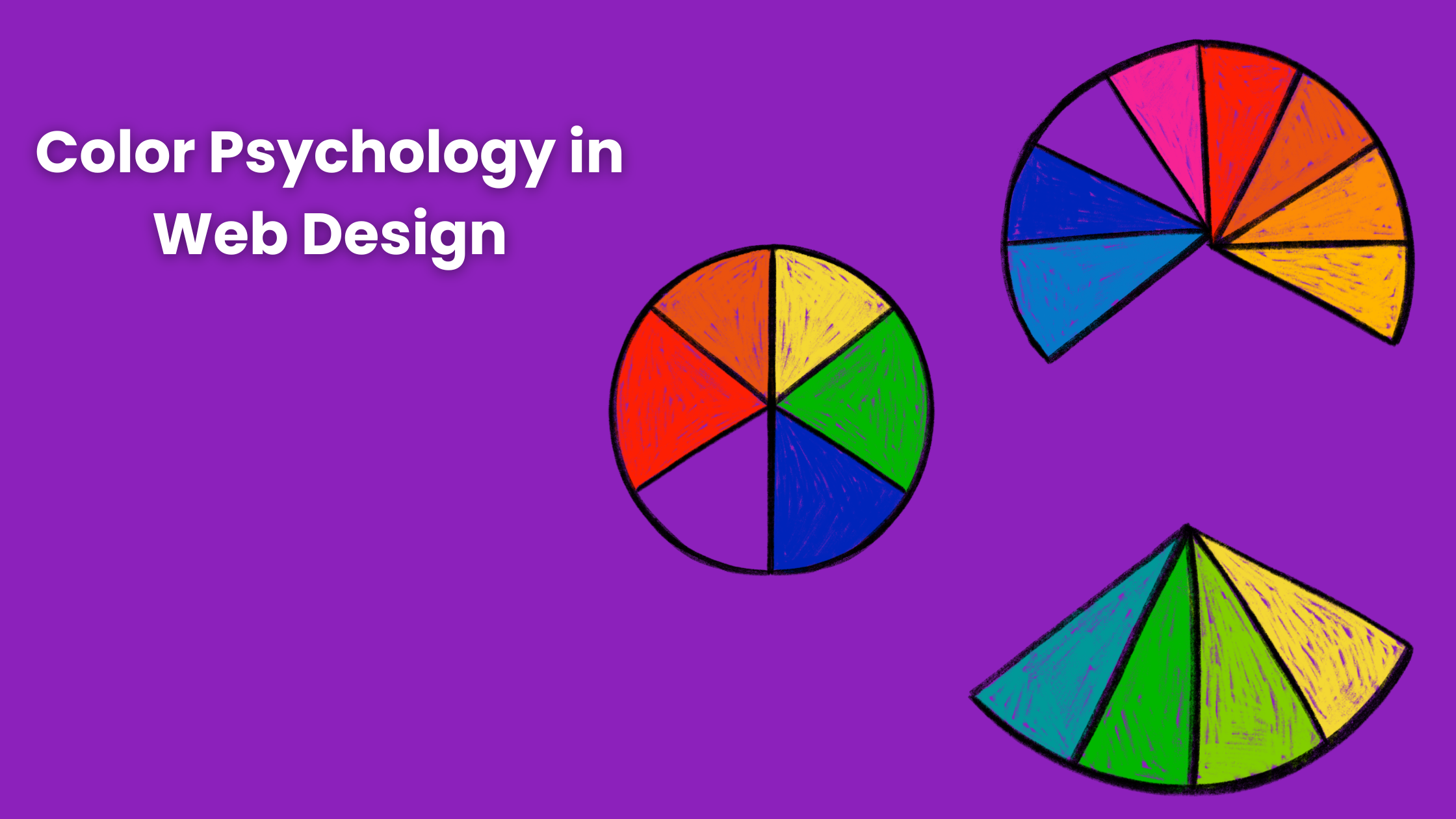
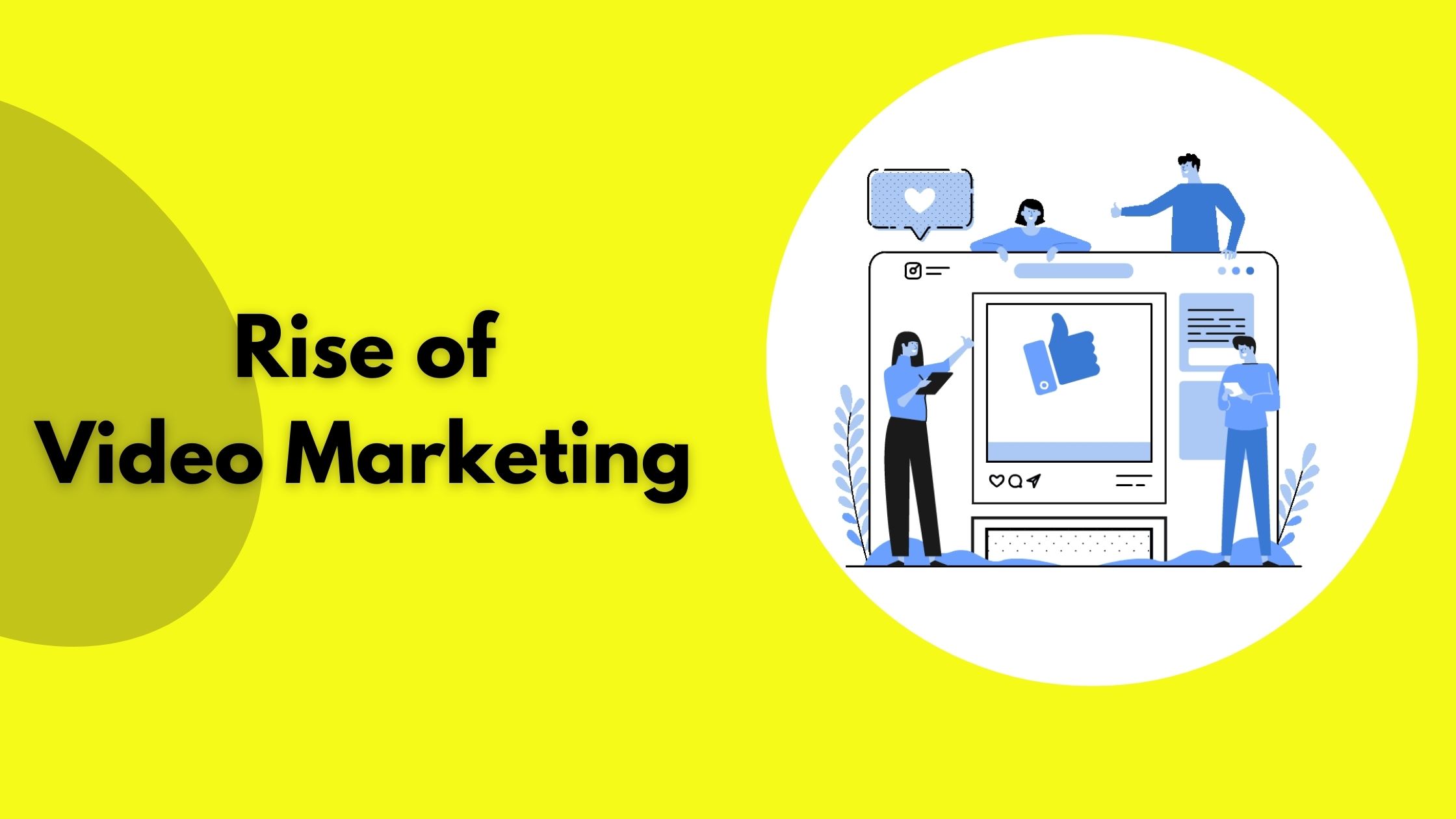


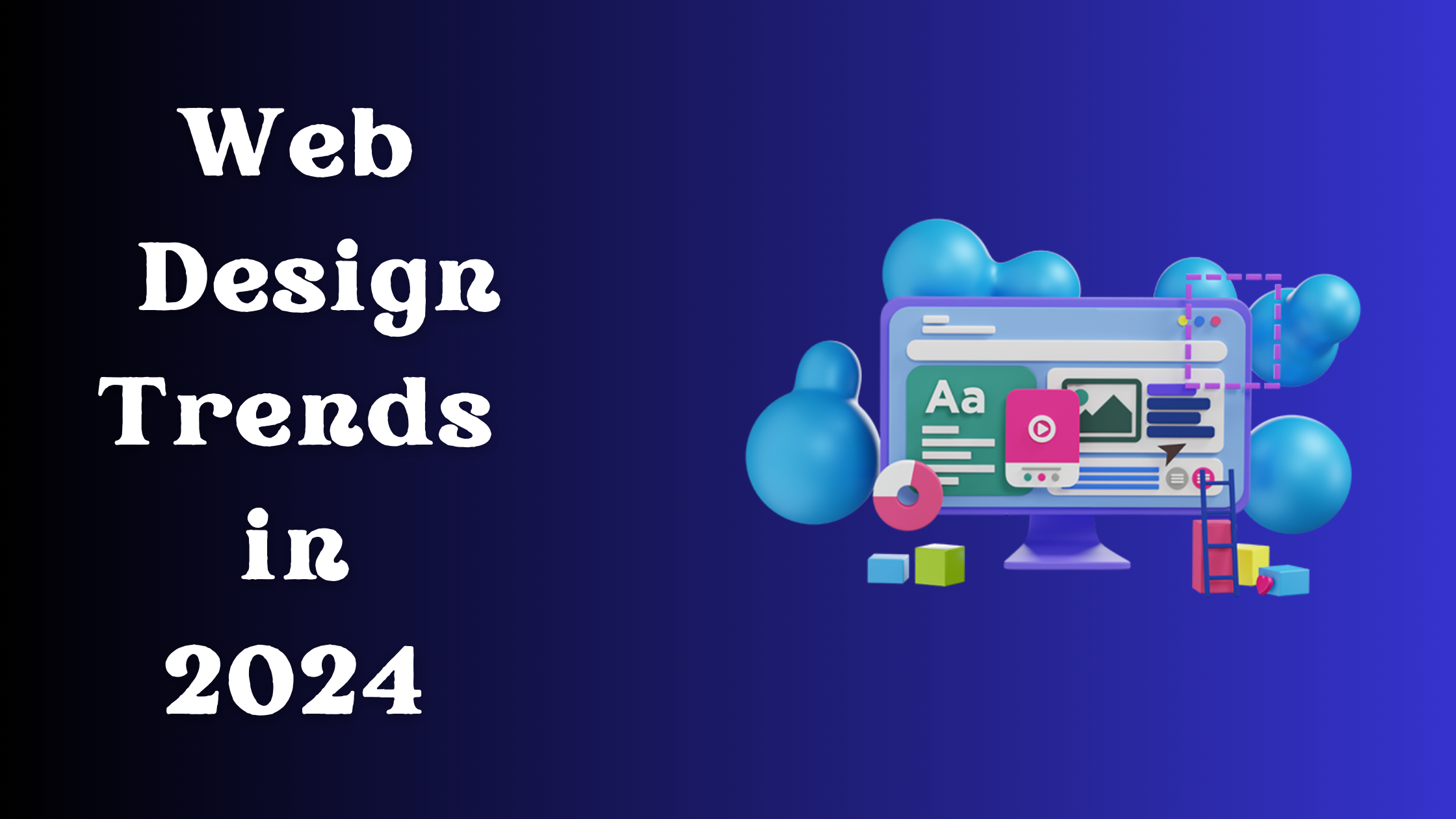

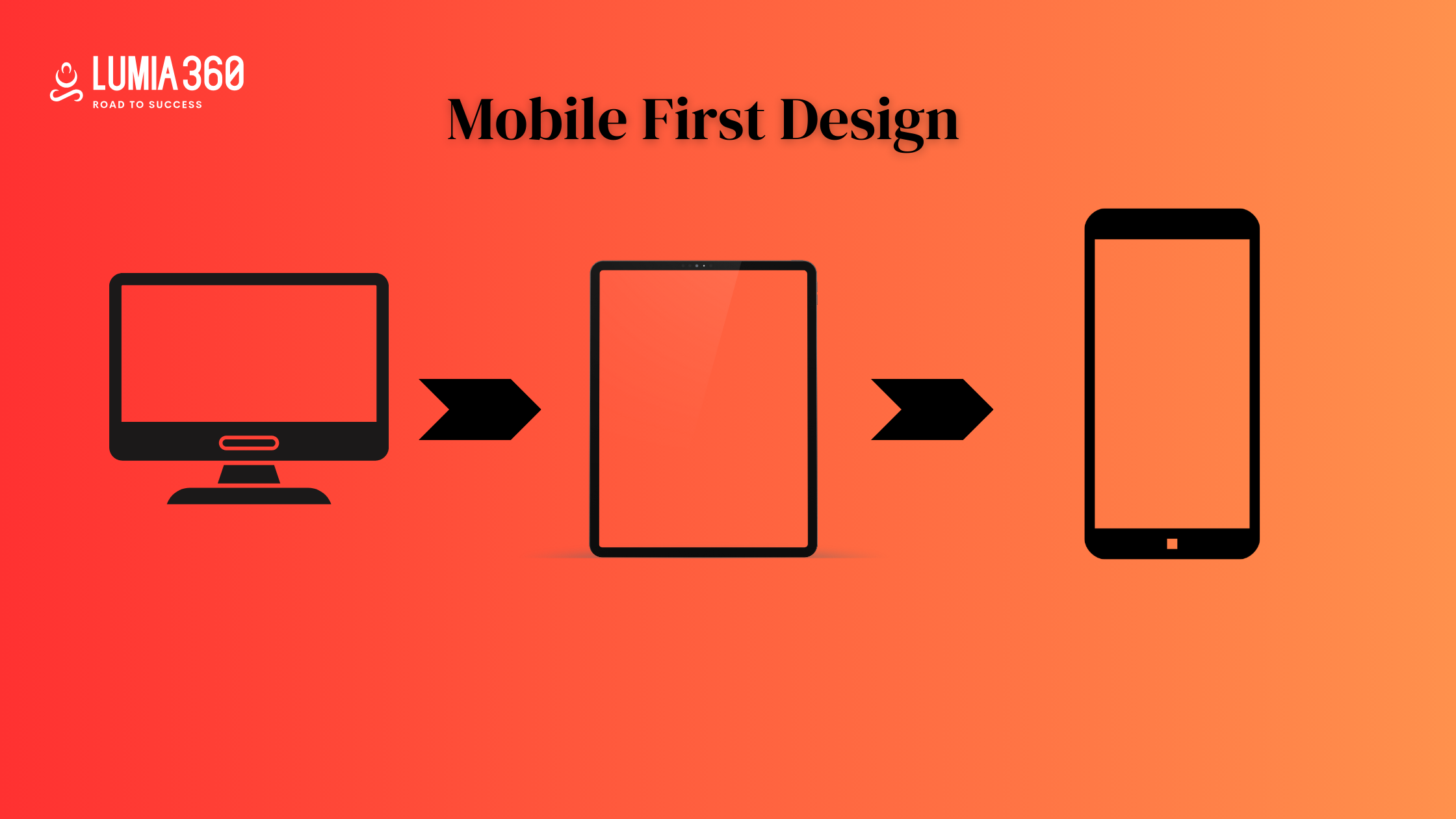
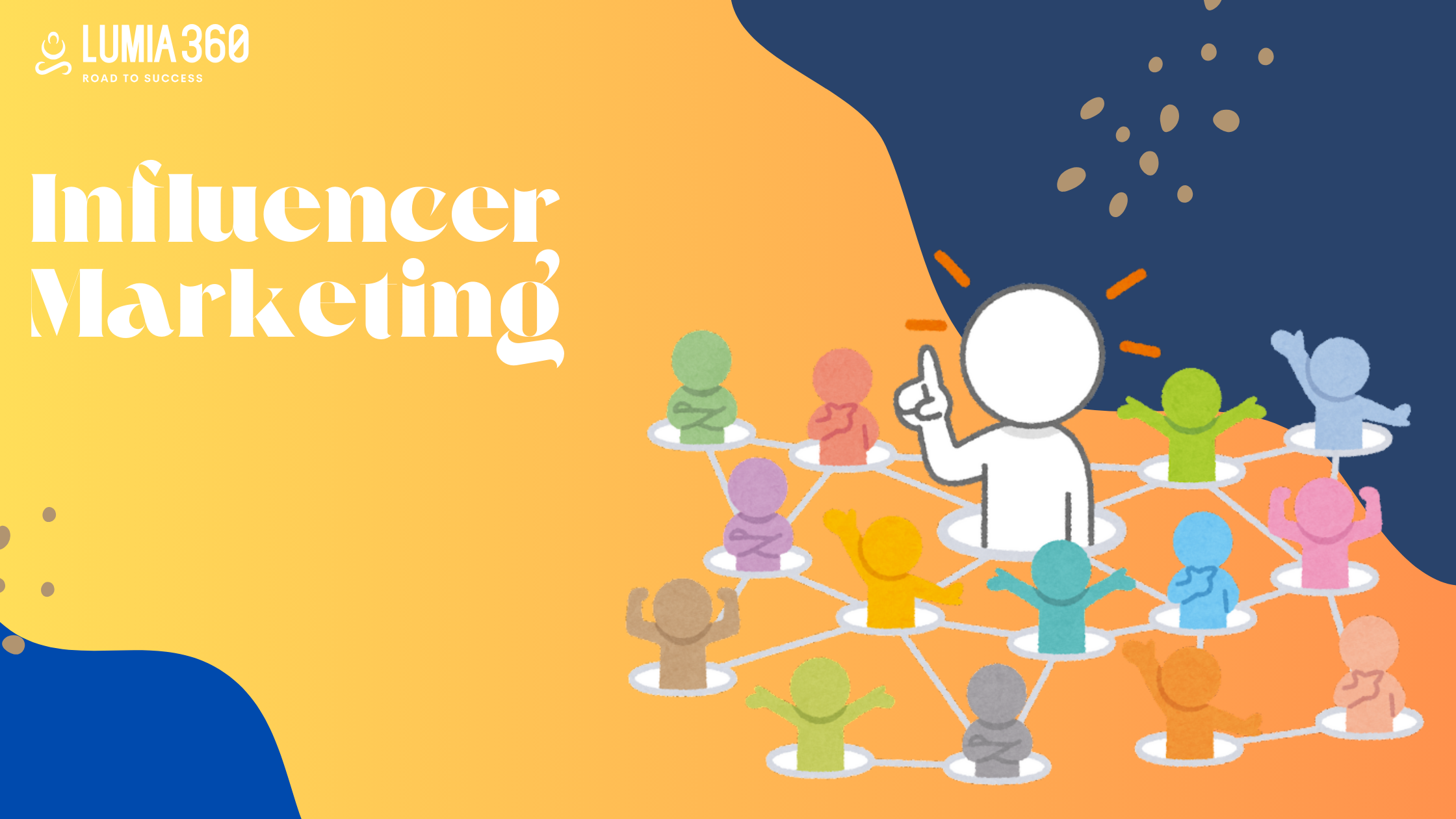
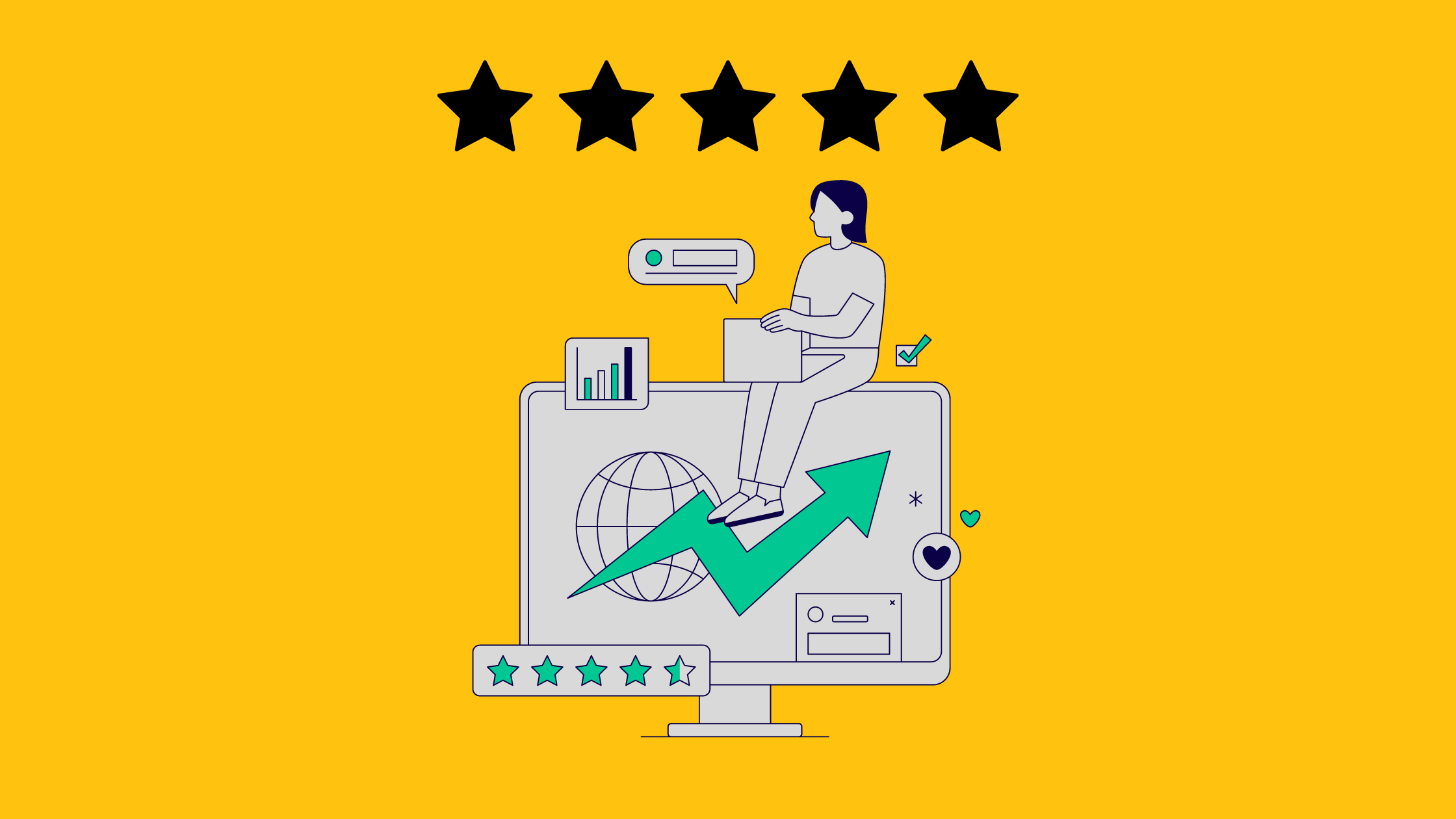

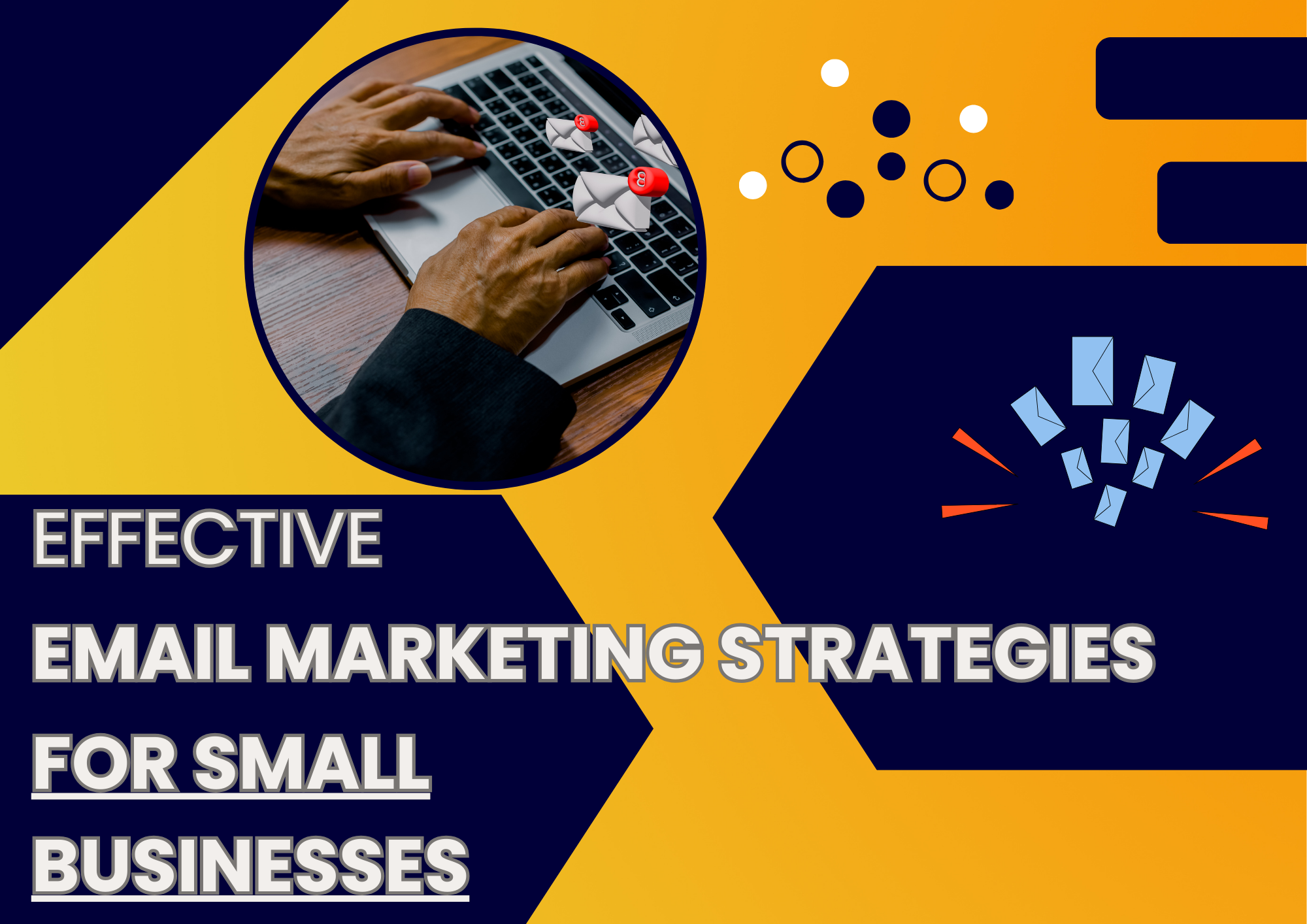
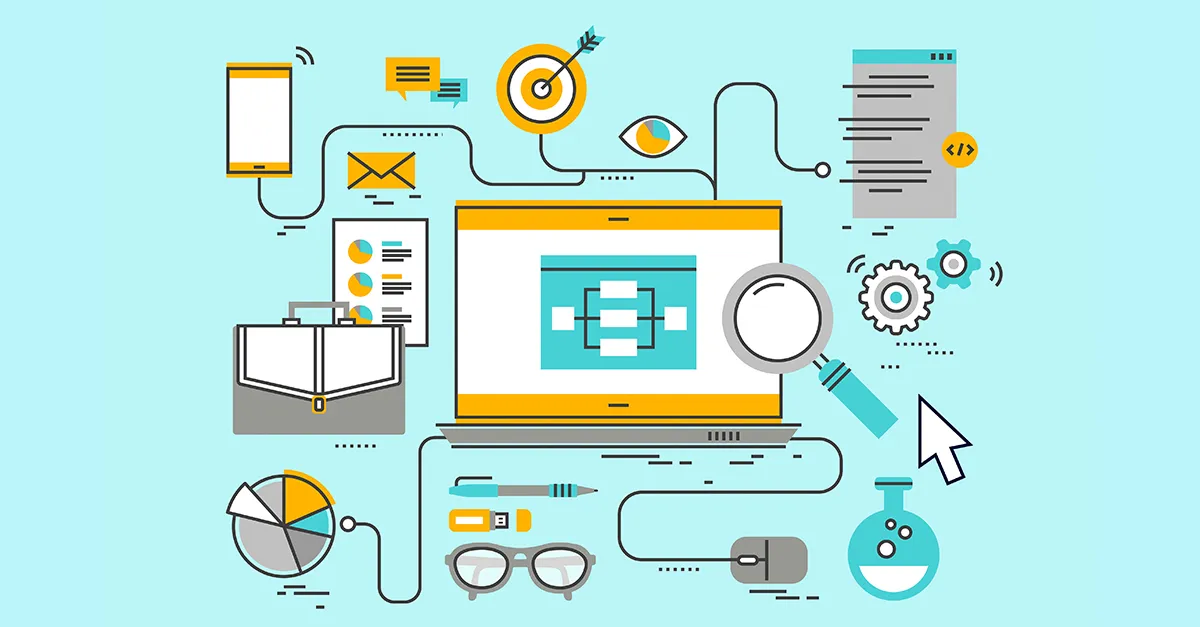
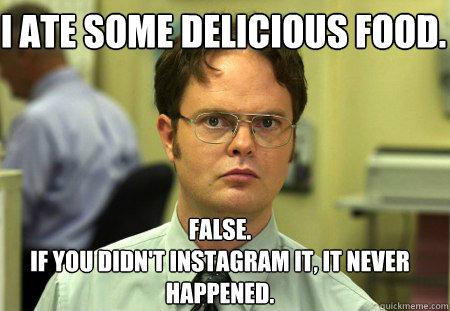
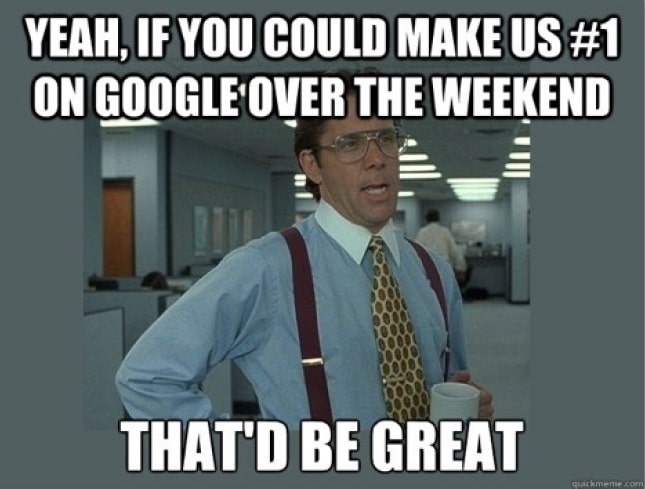
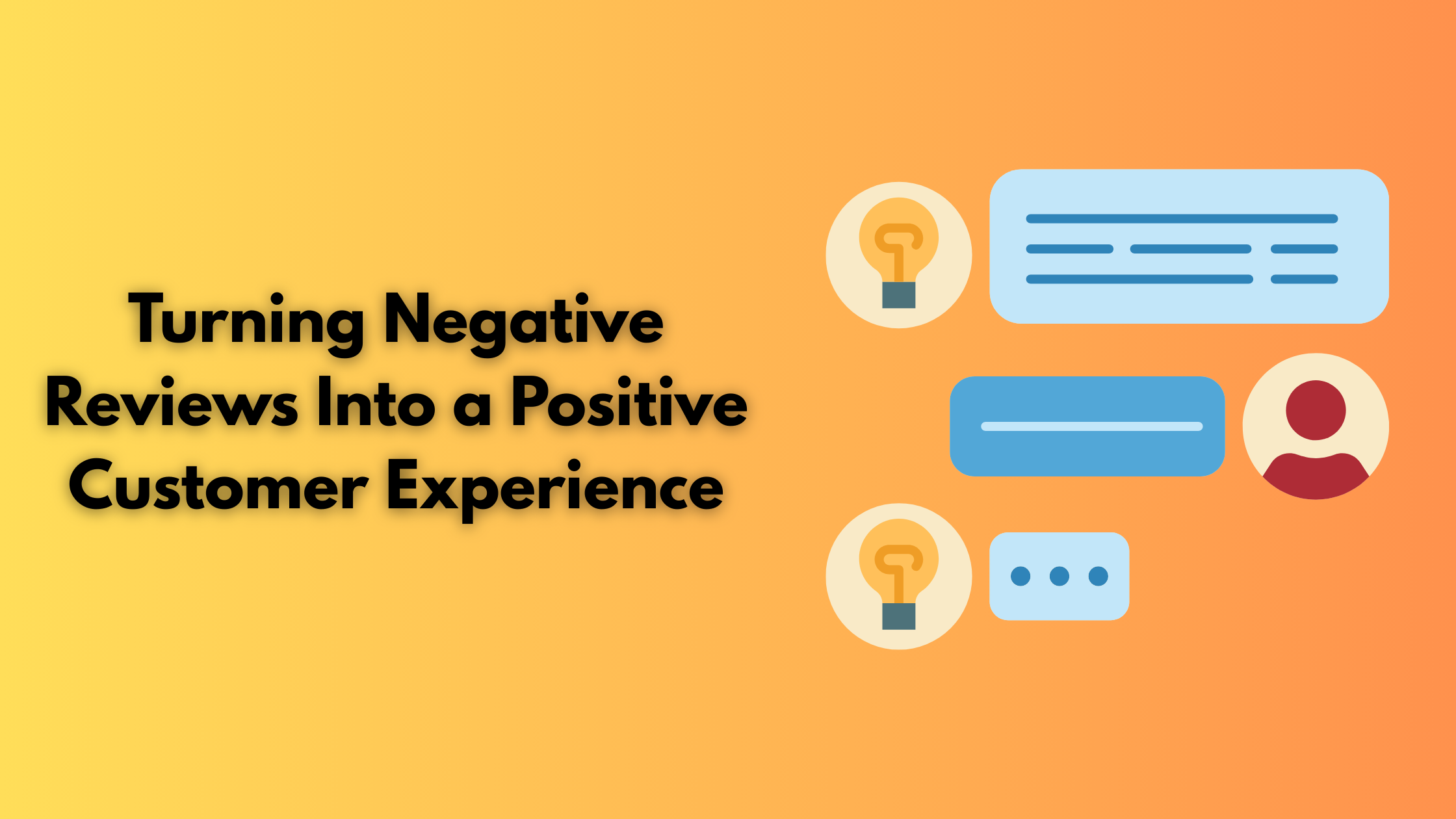
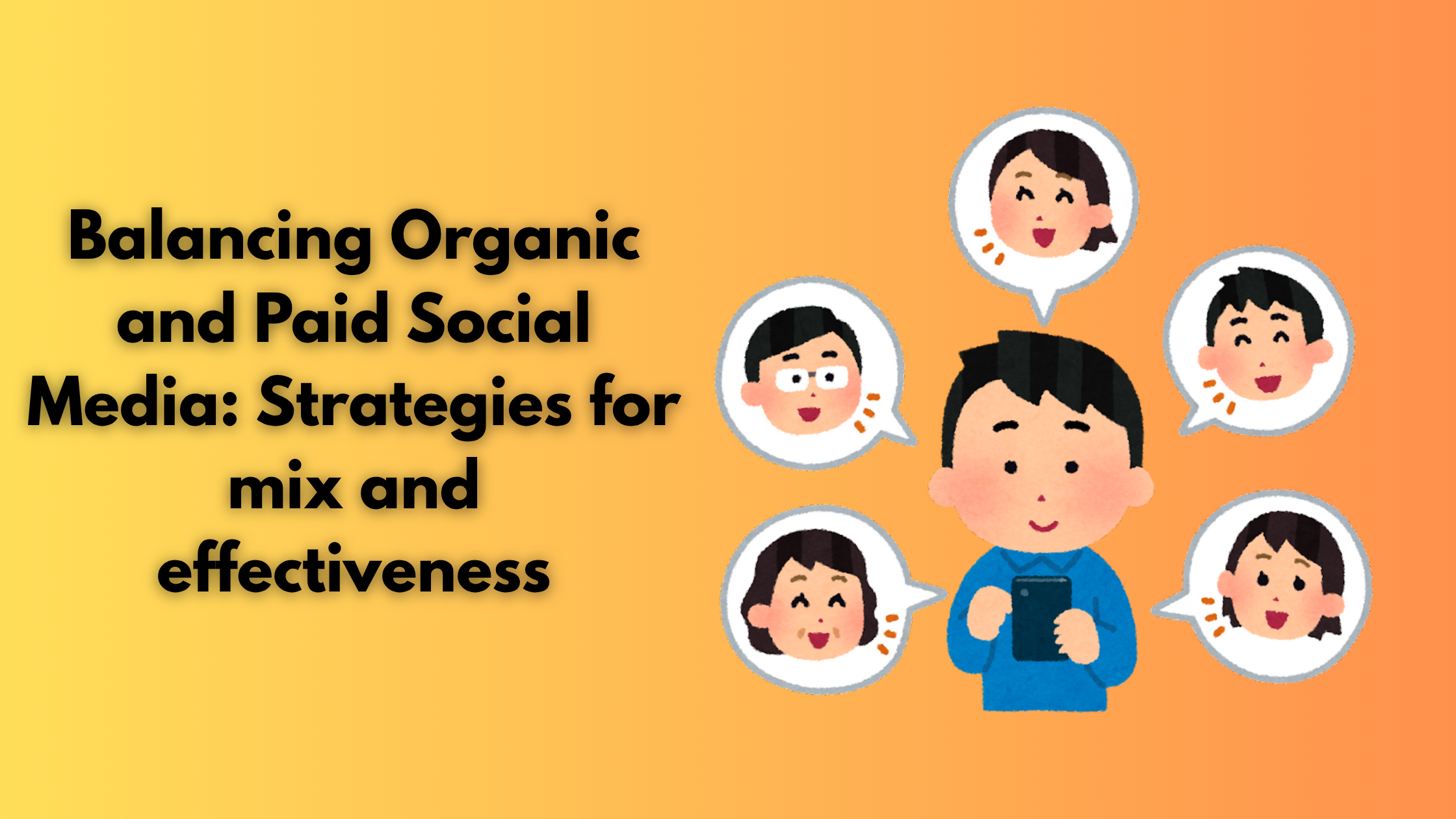

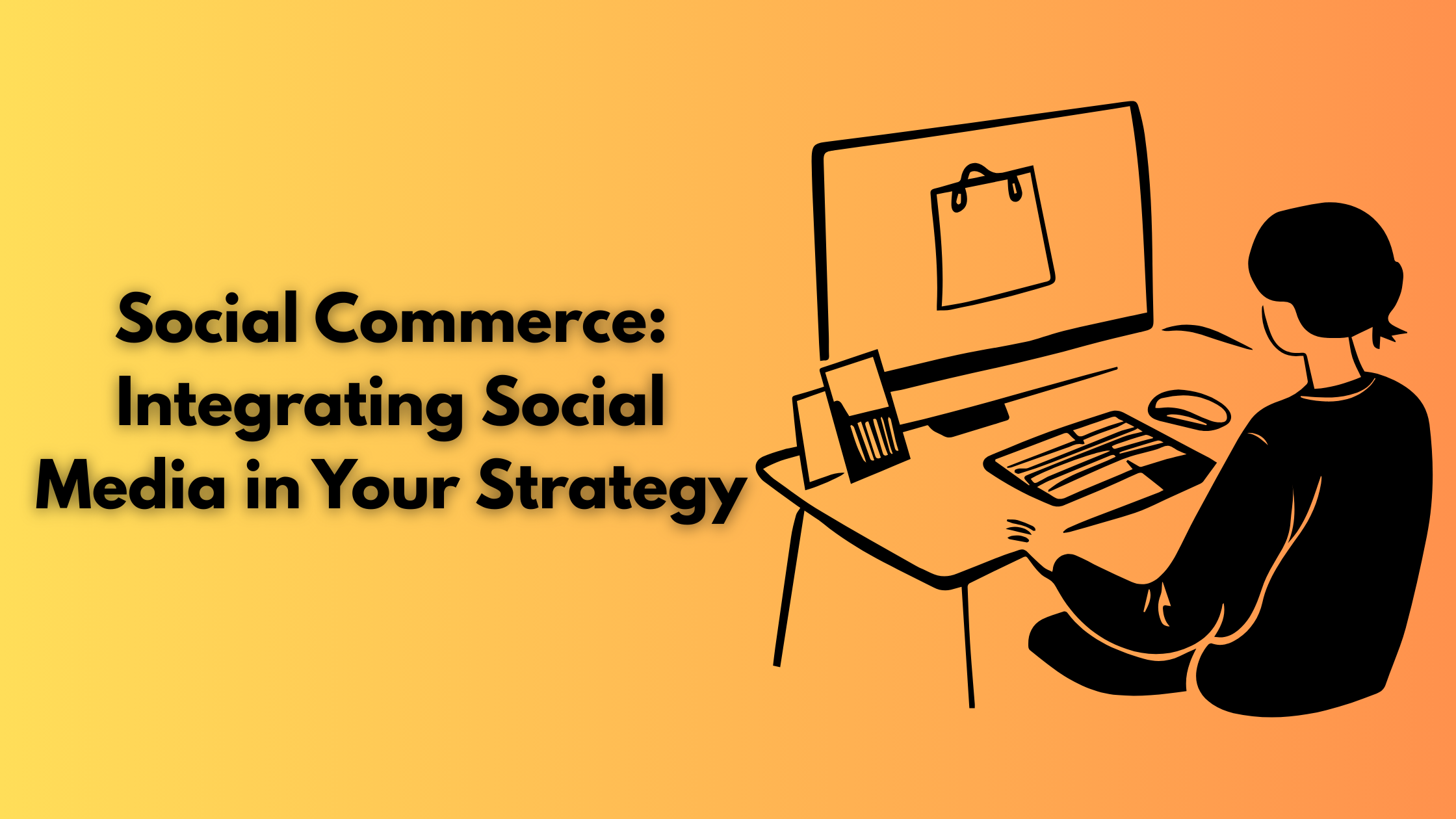

2 Comments
[…] Read Also: The Power of Personalization in Digital Marketing […]
[…] Read Also: The Power of Personalization in Digital Marketing […]